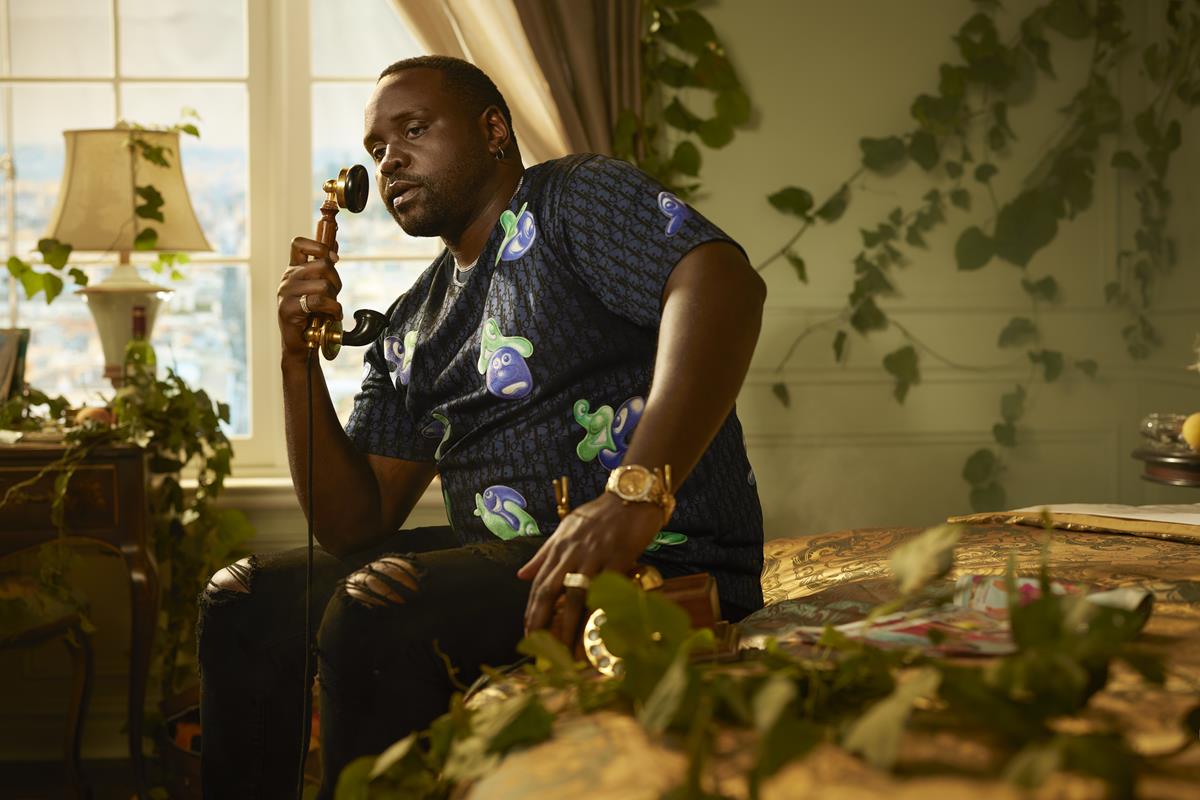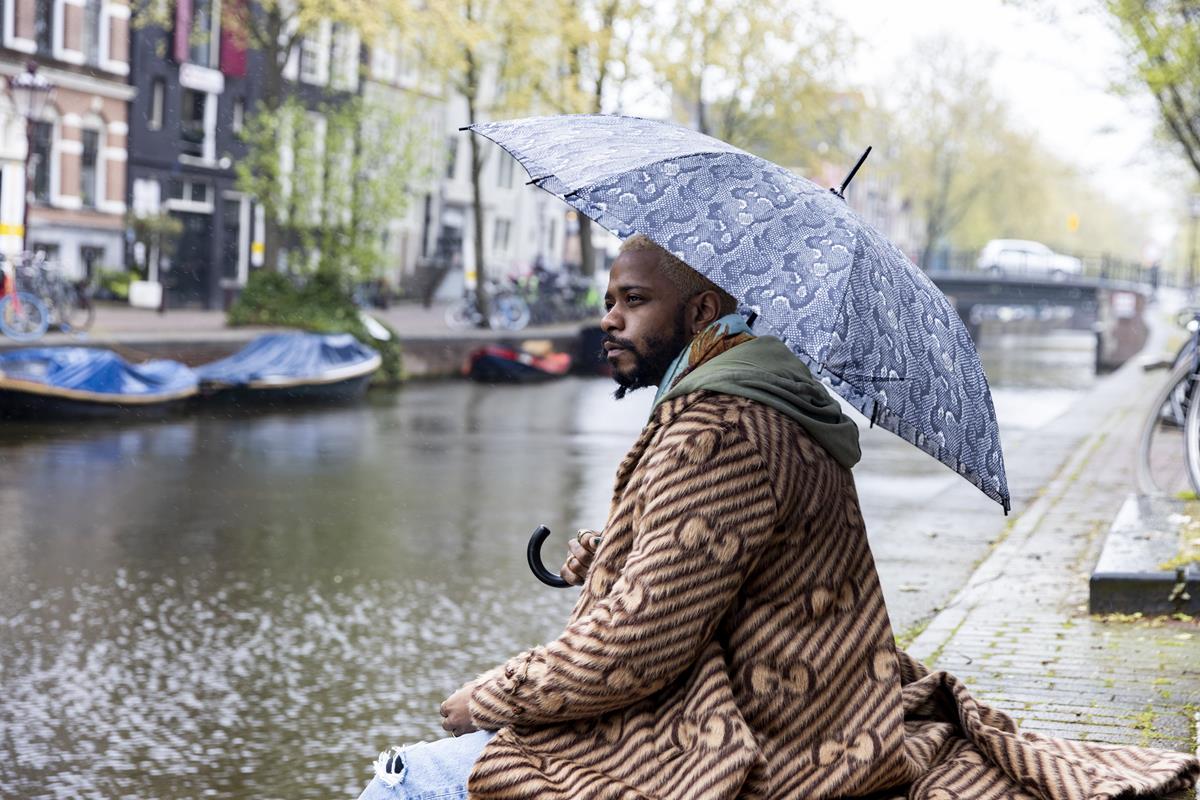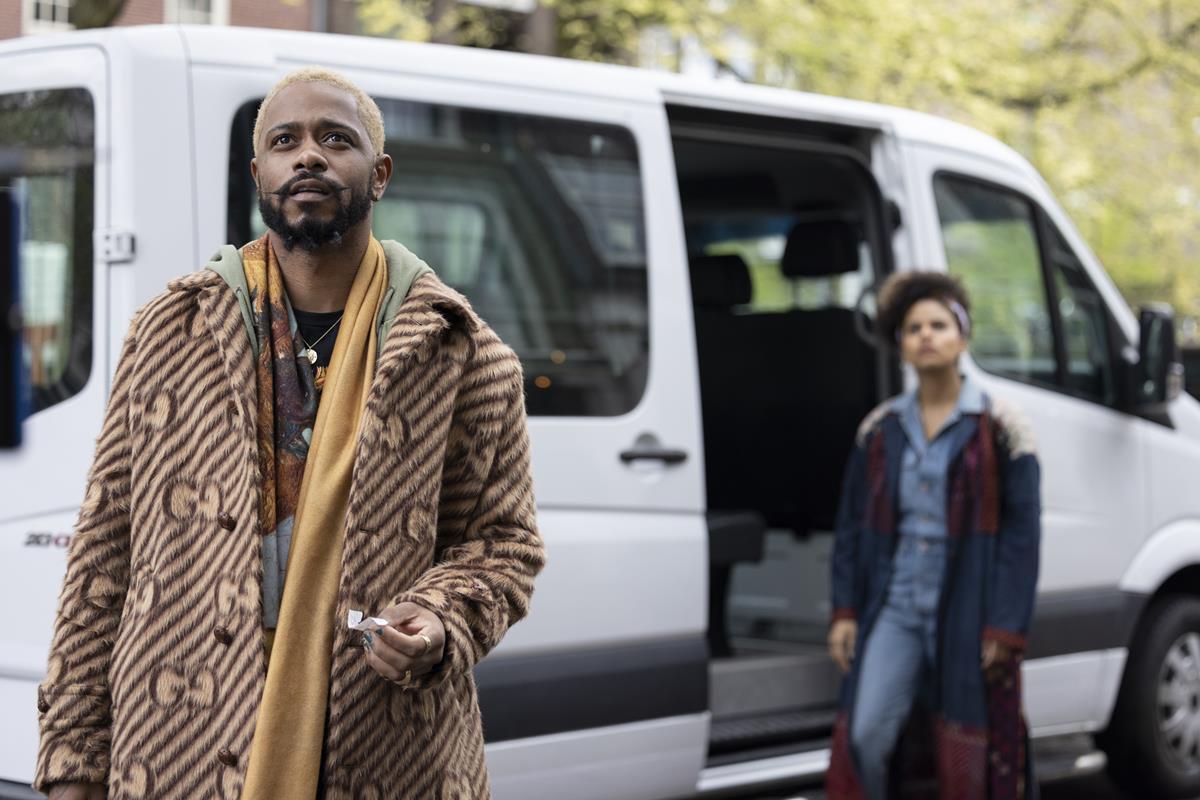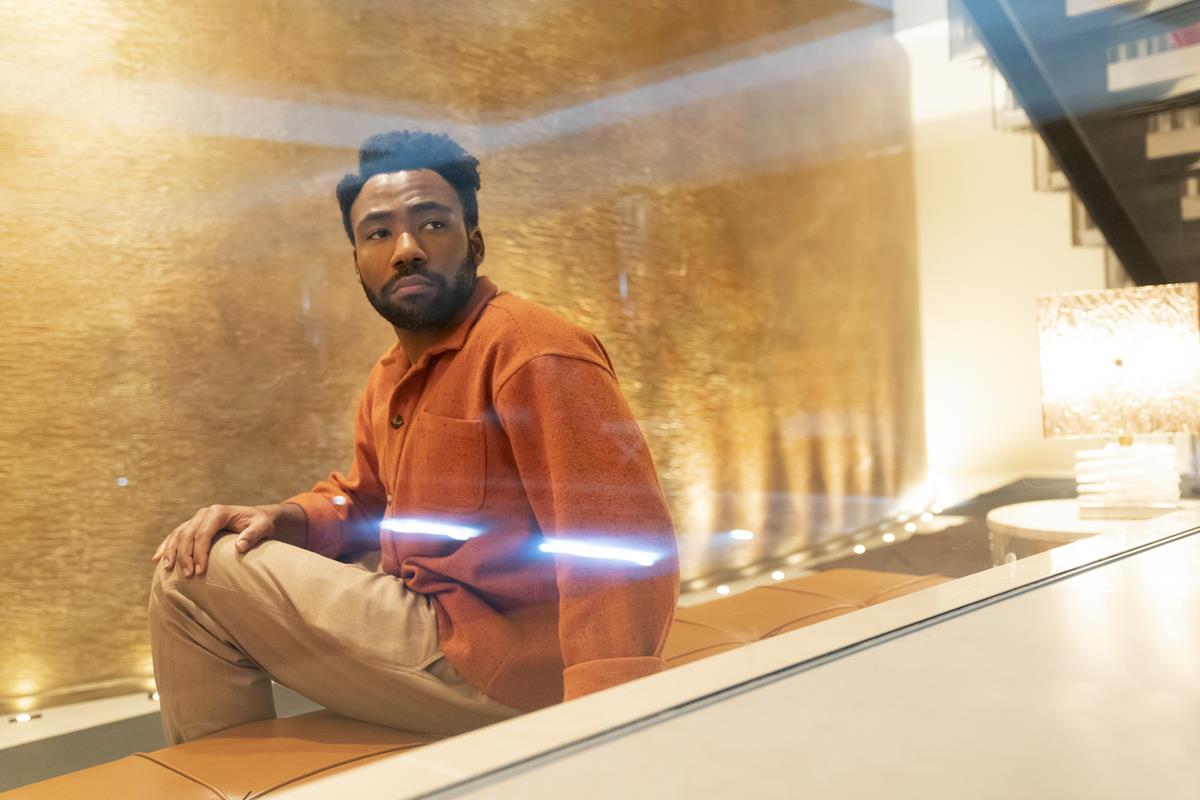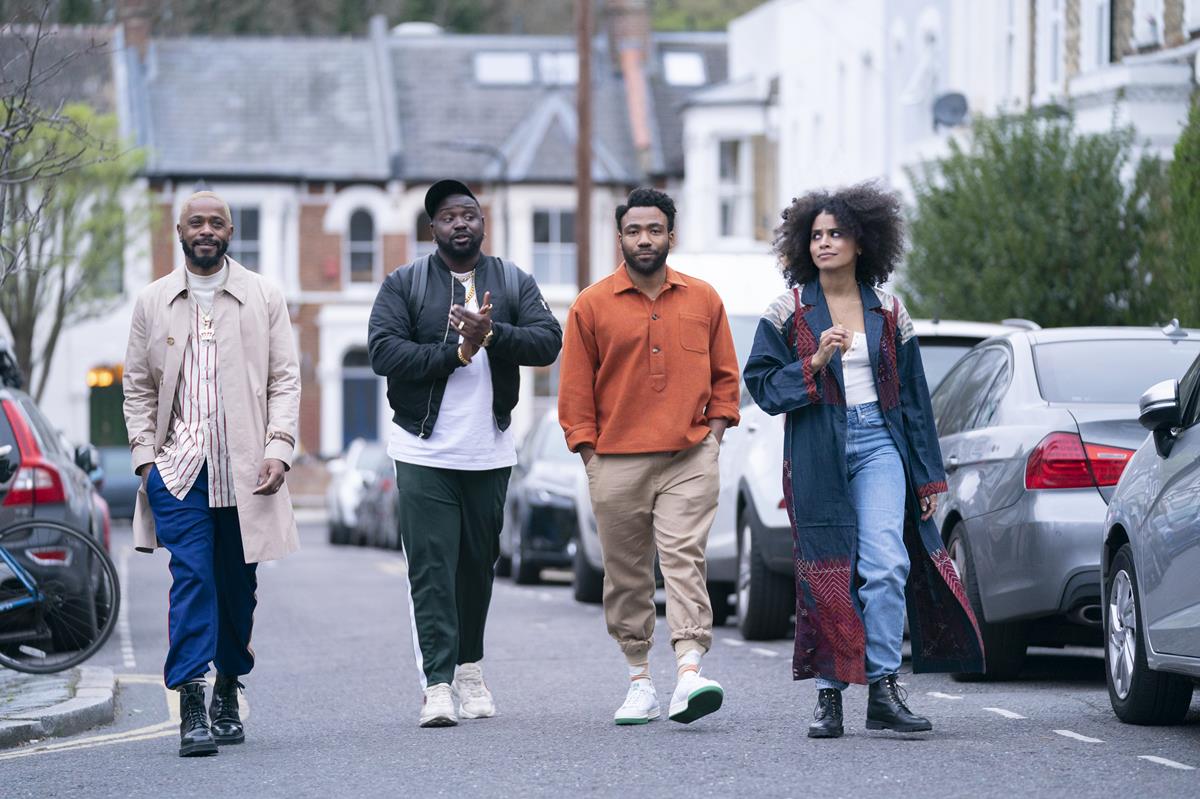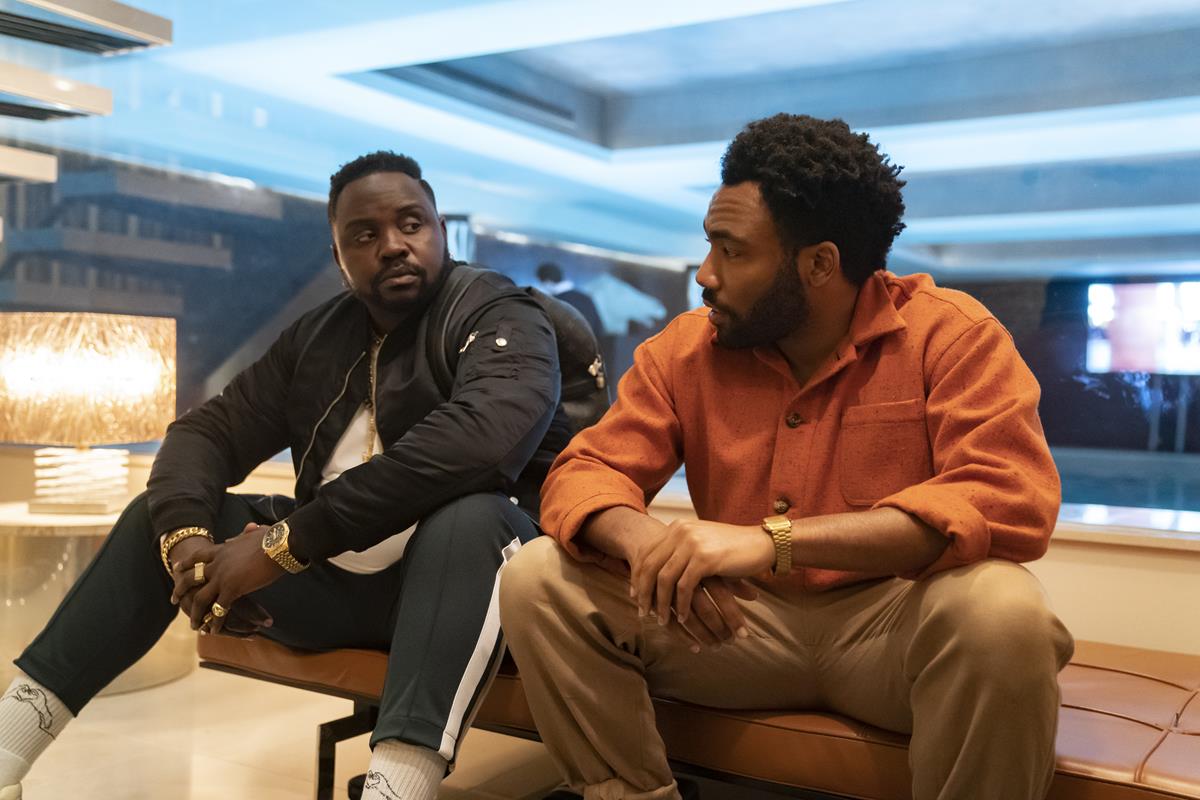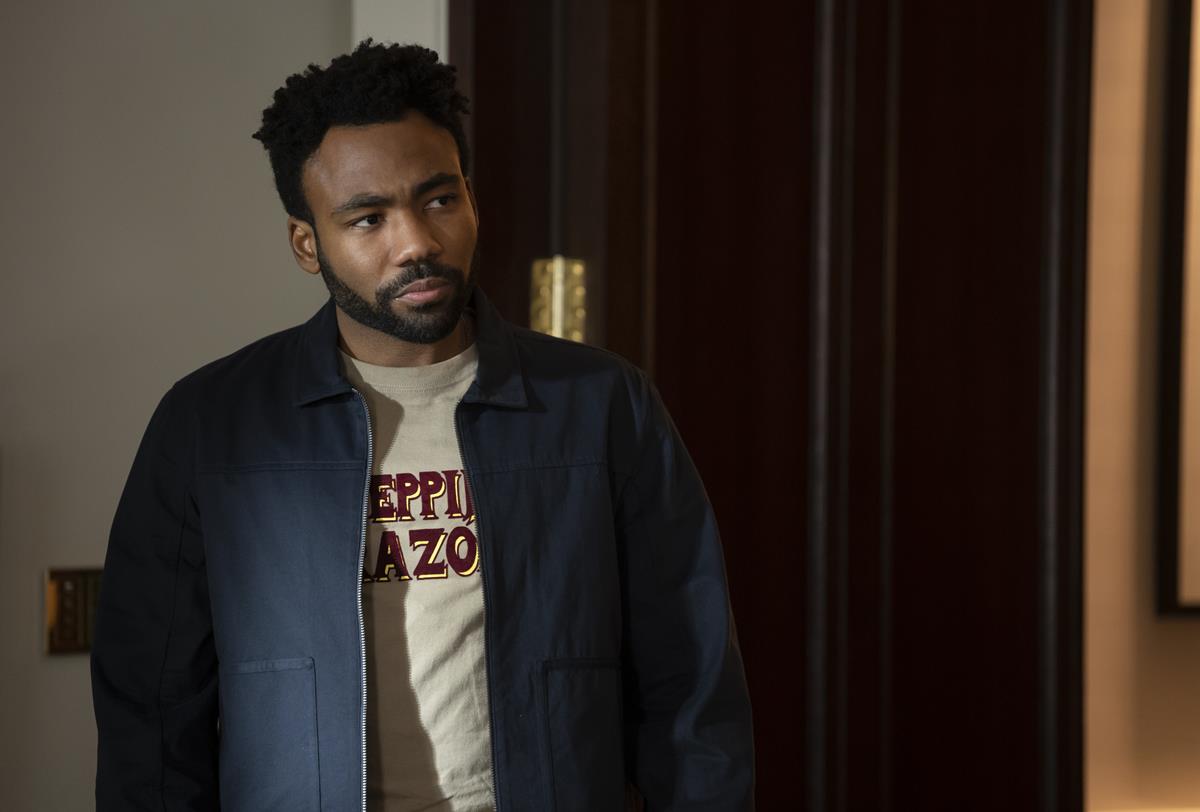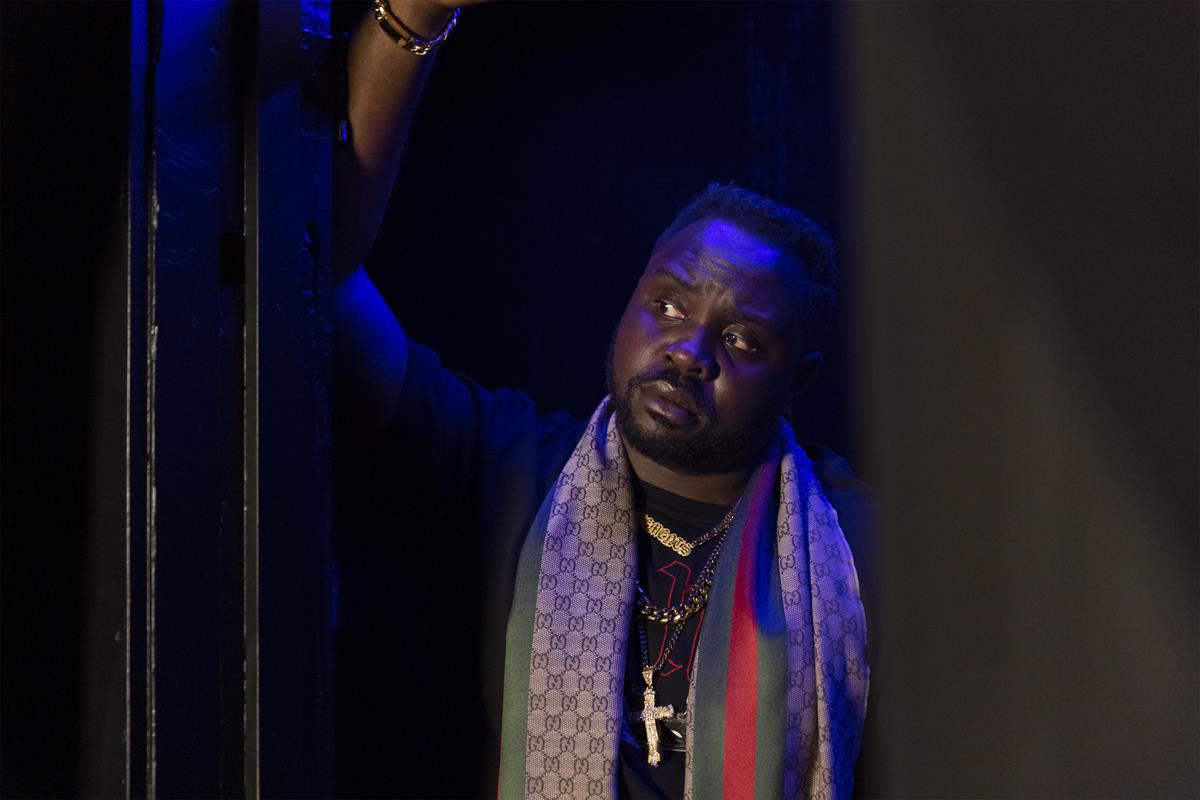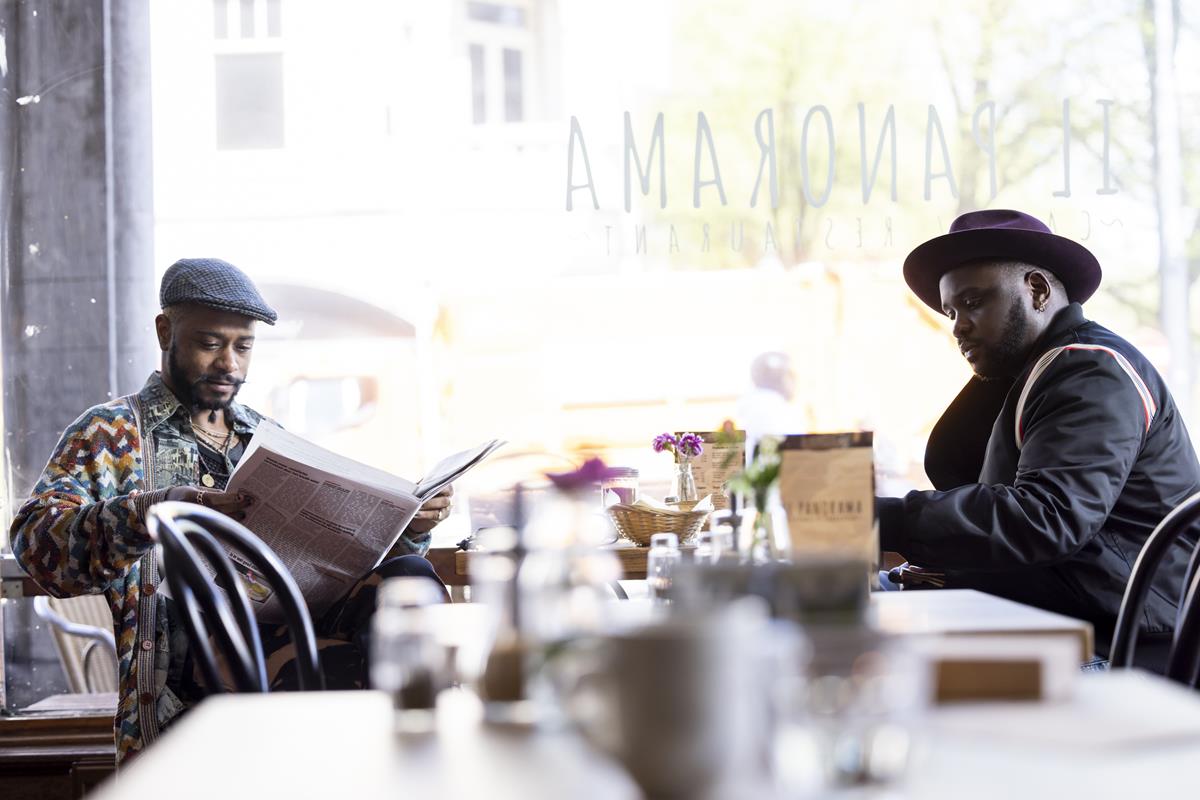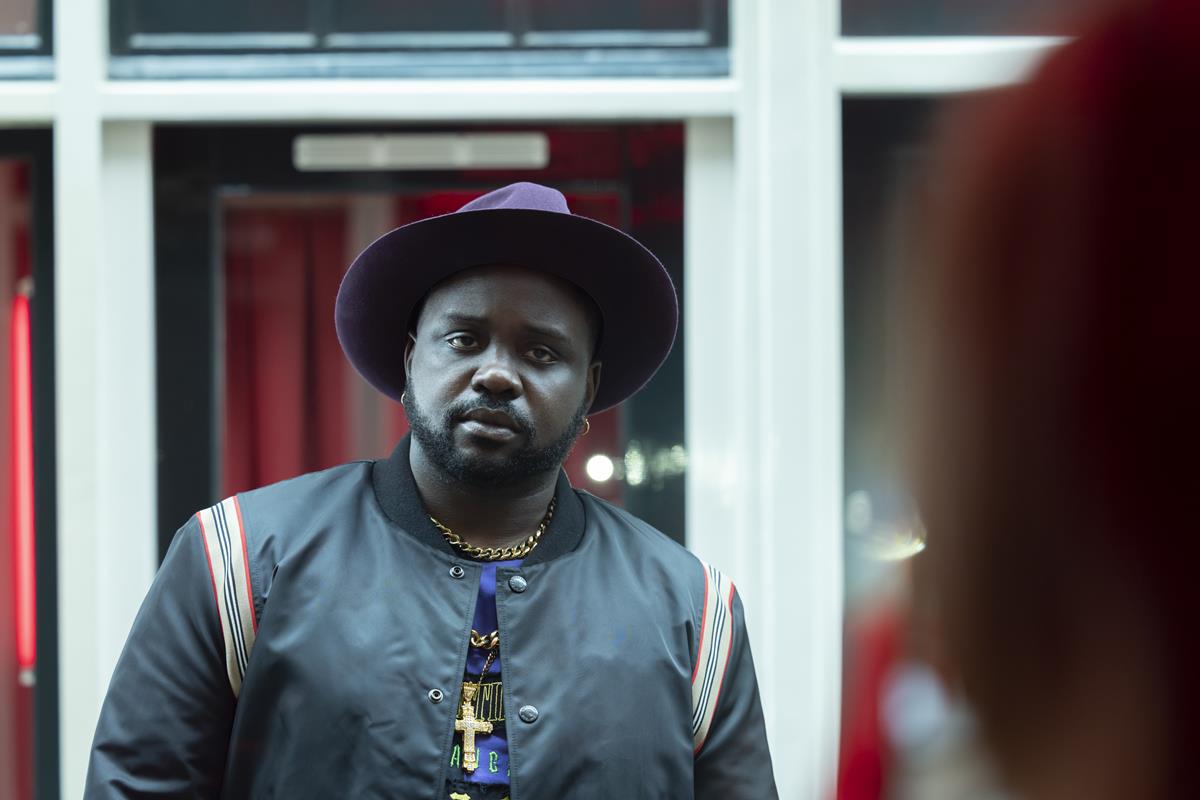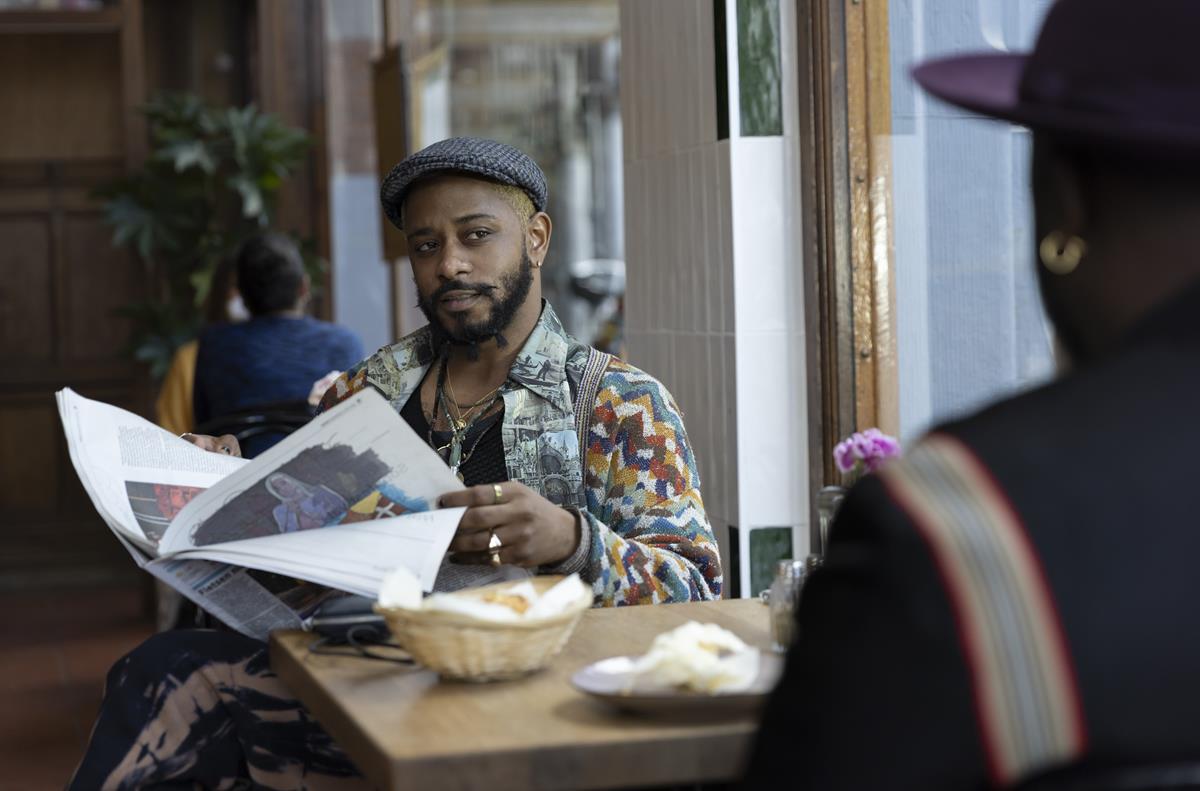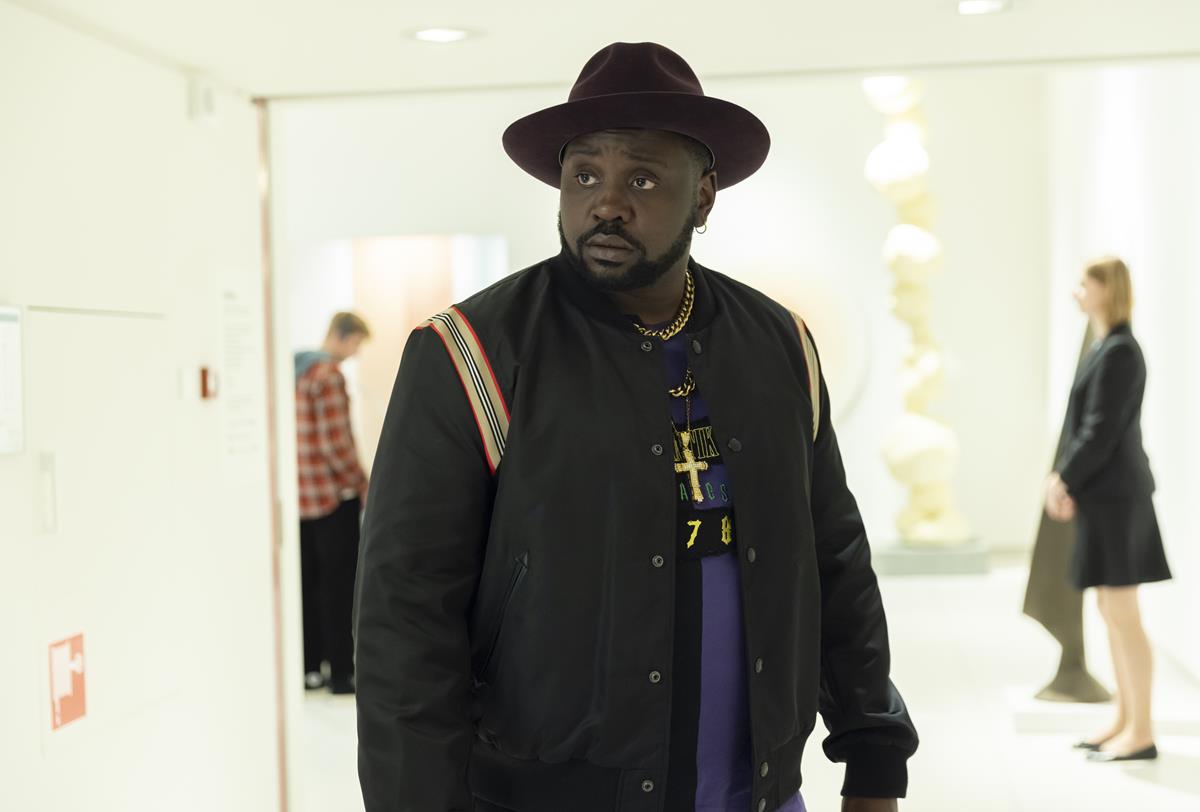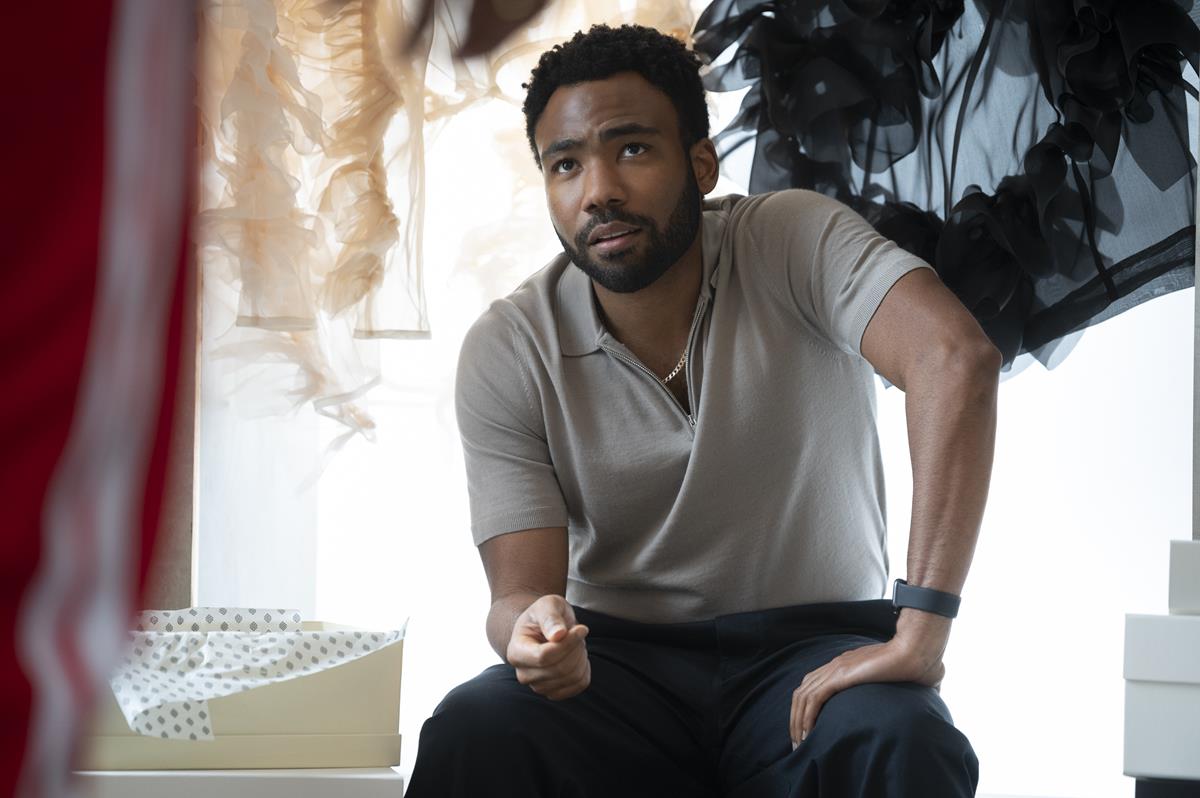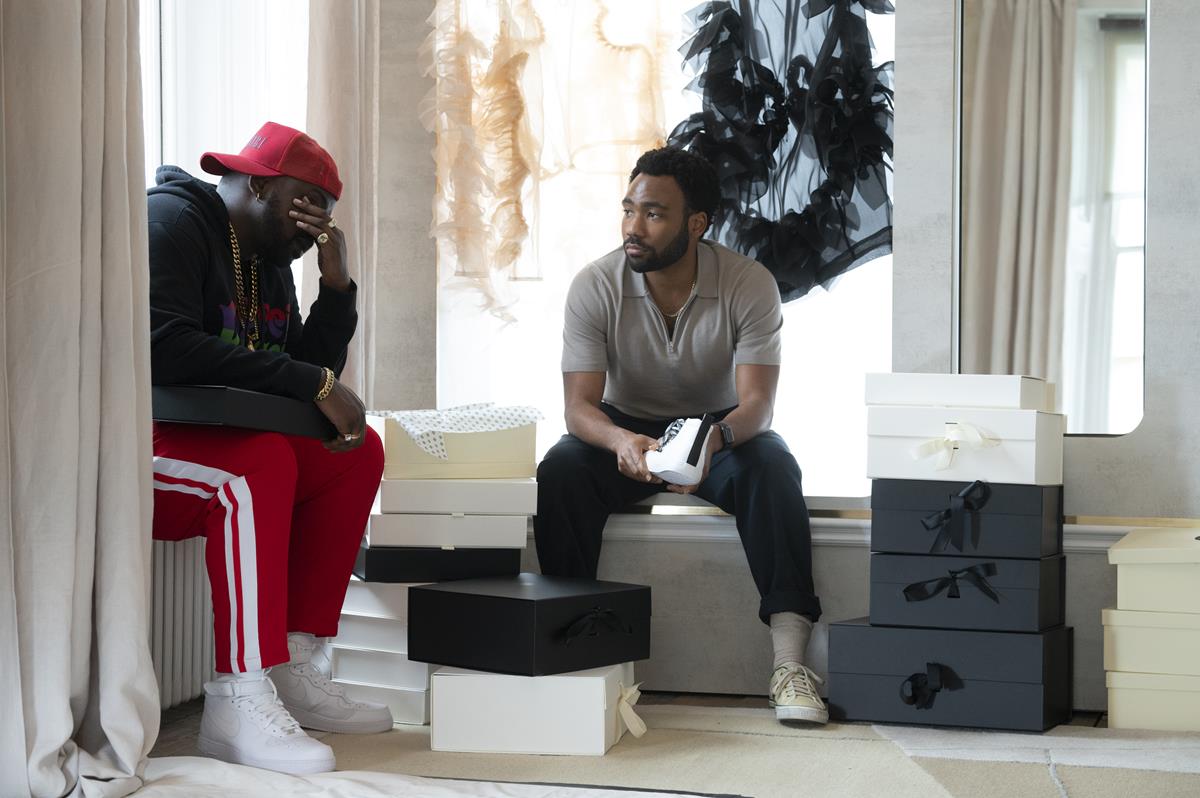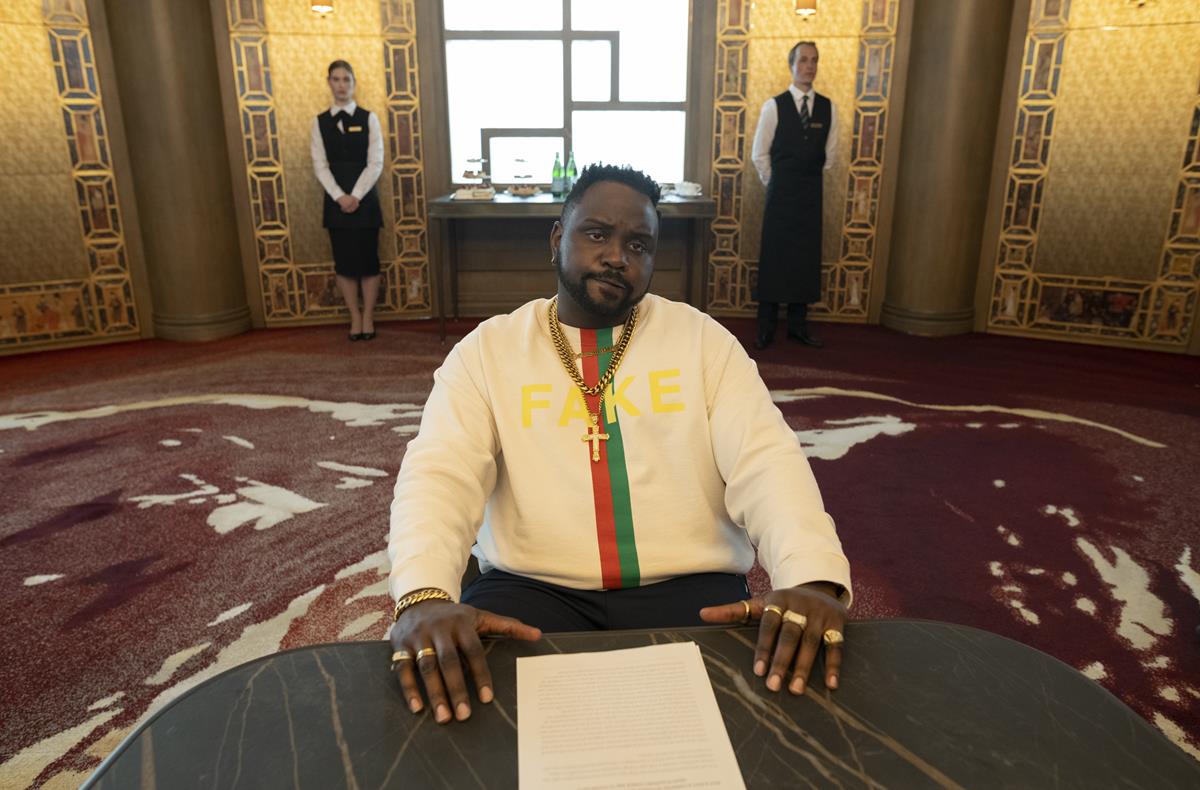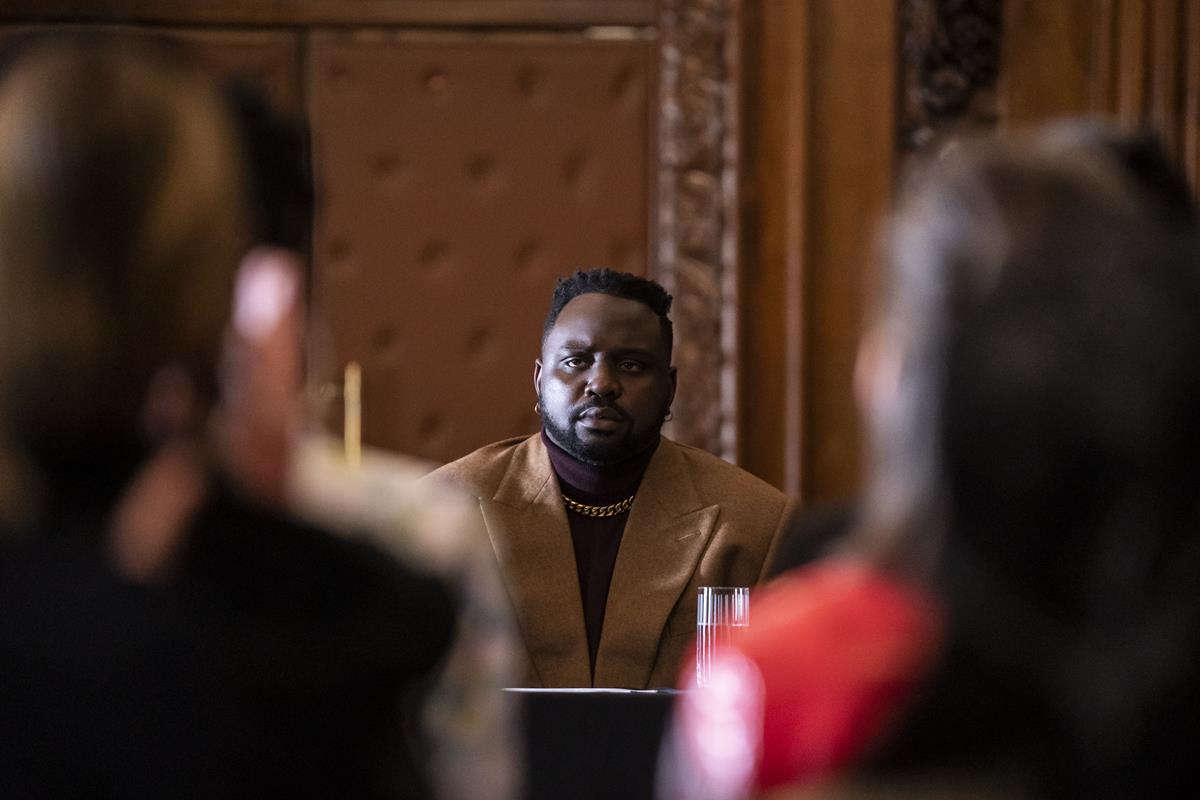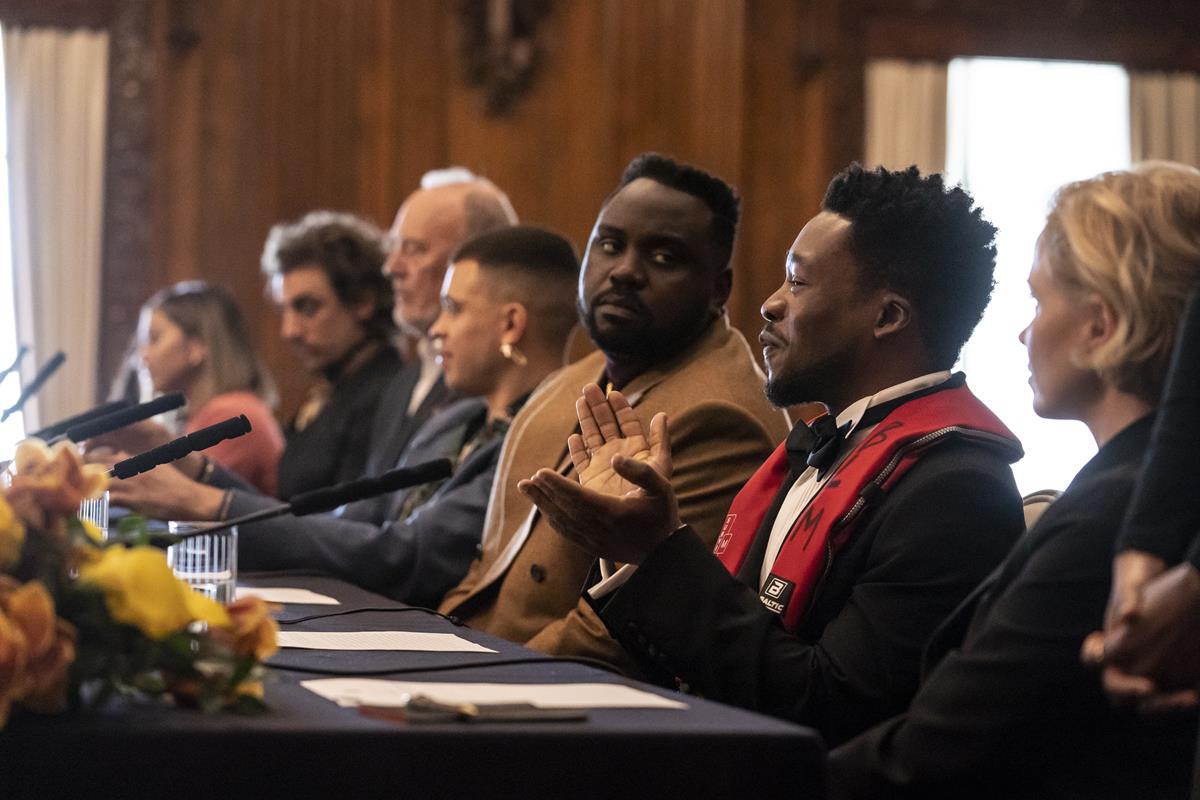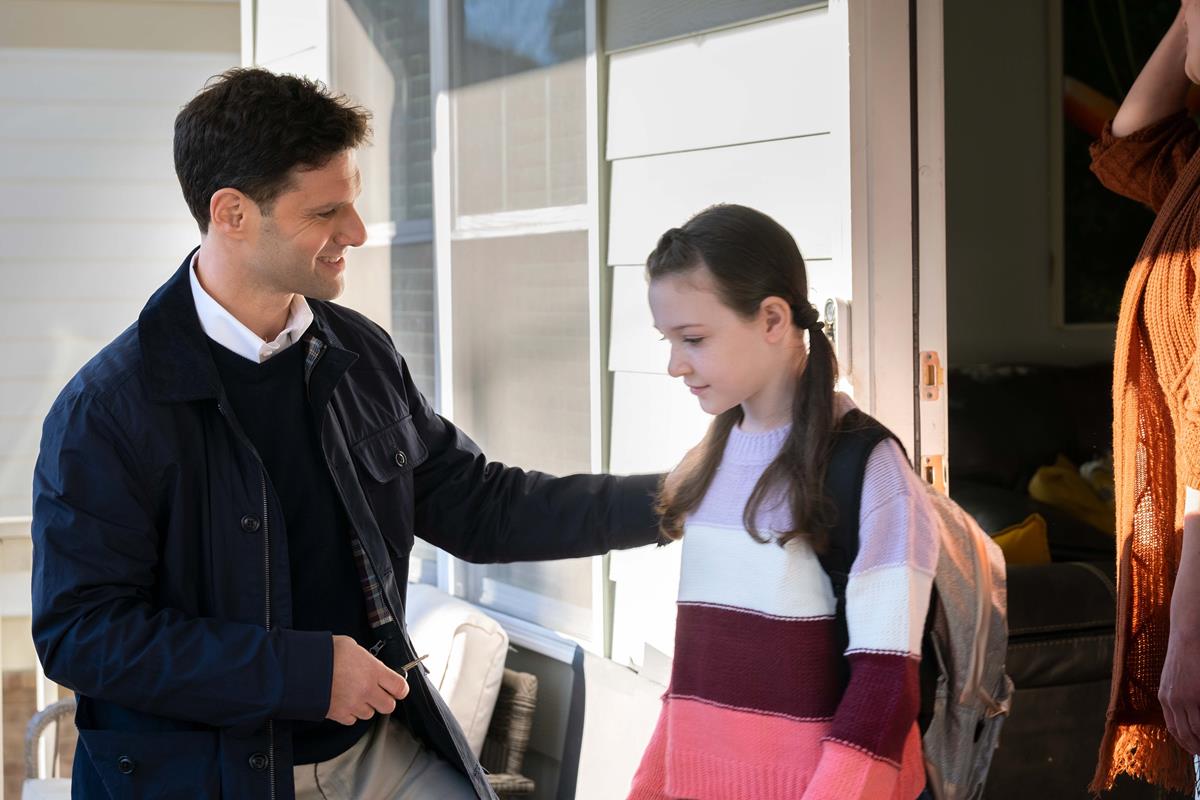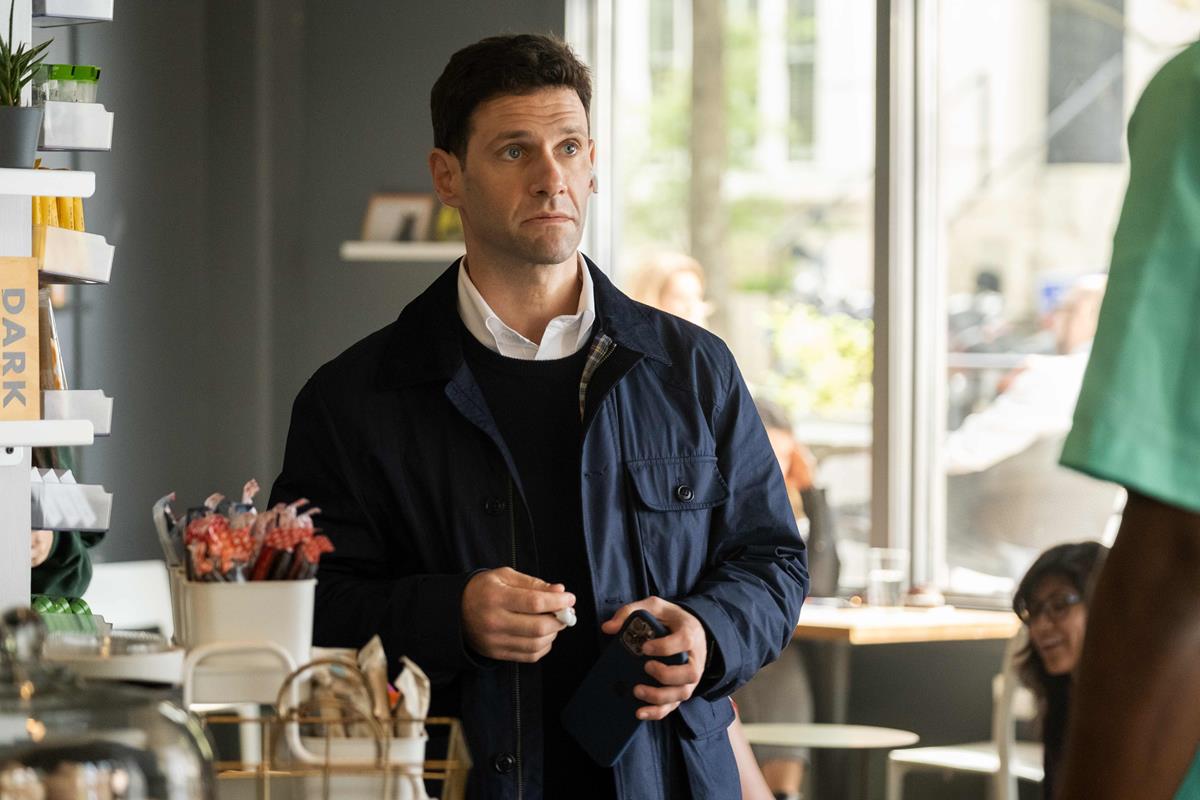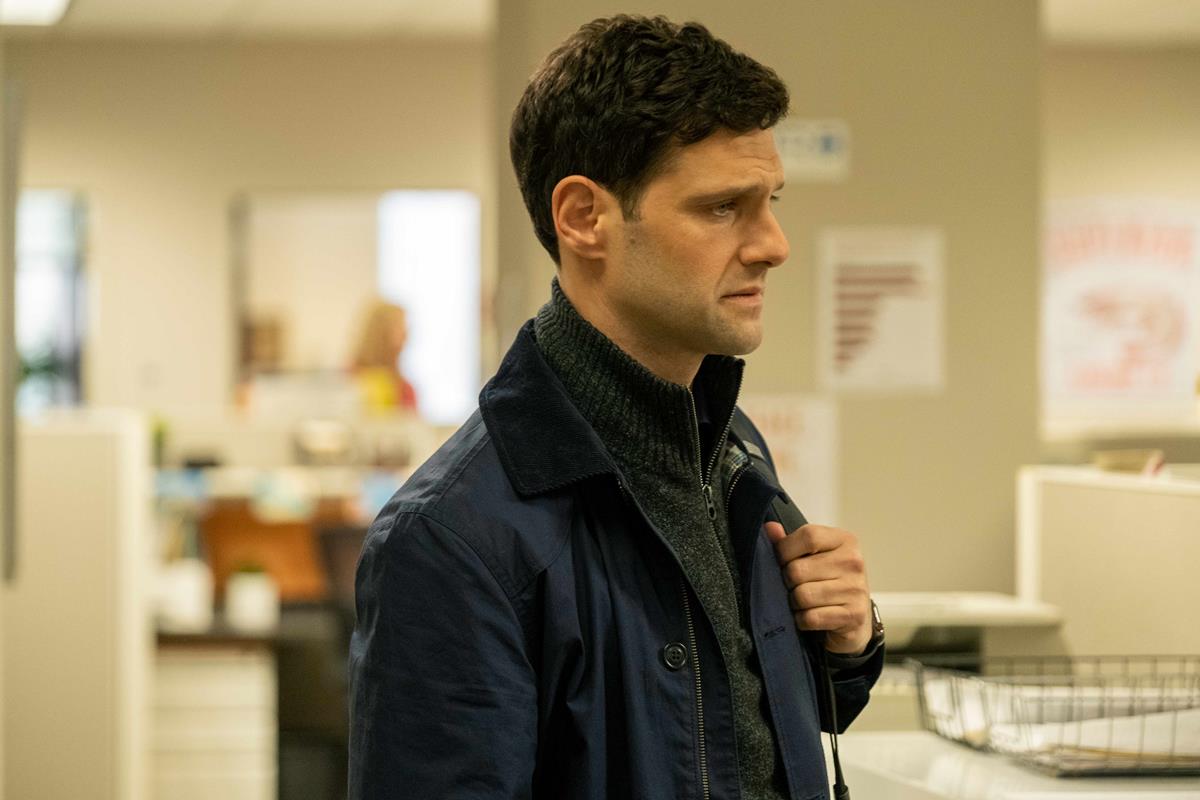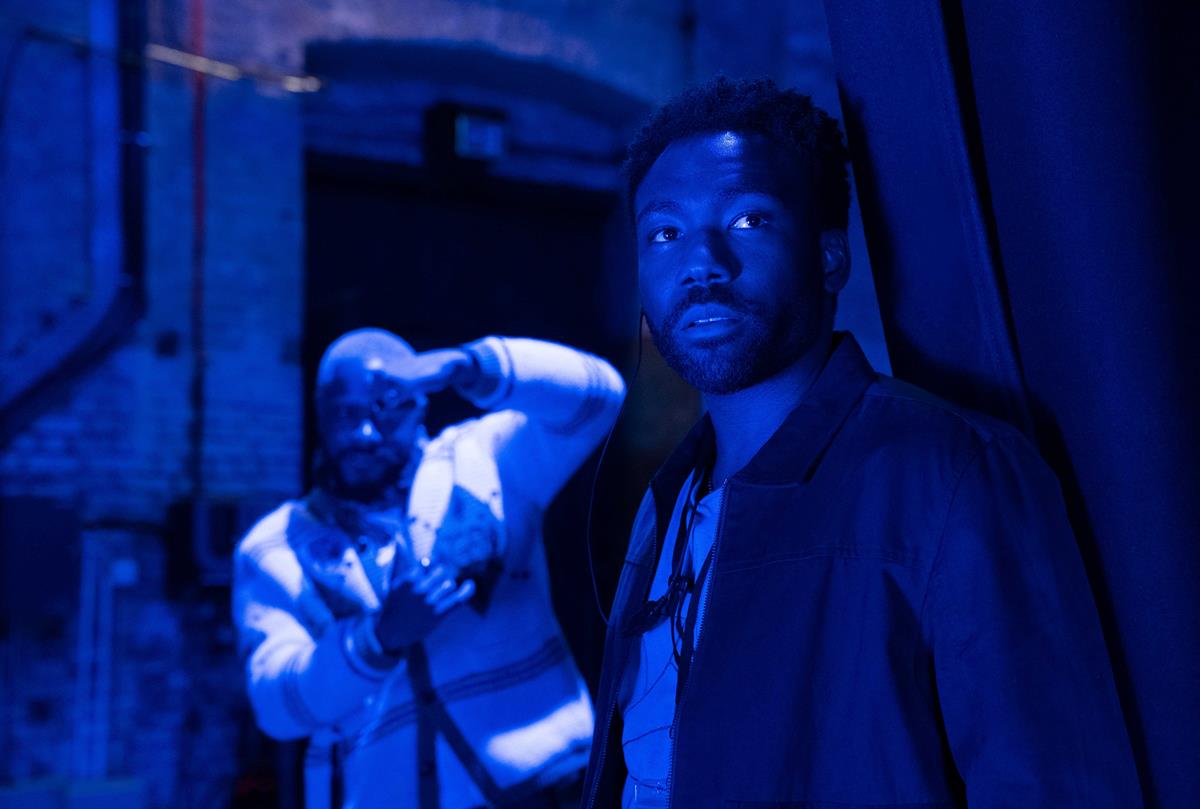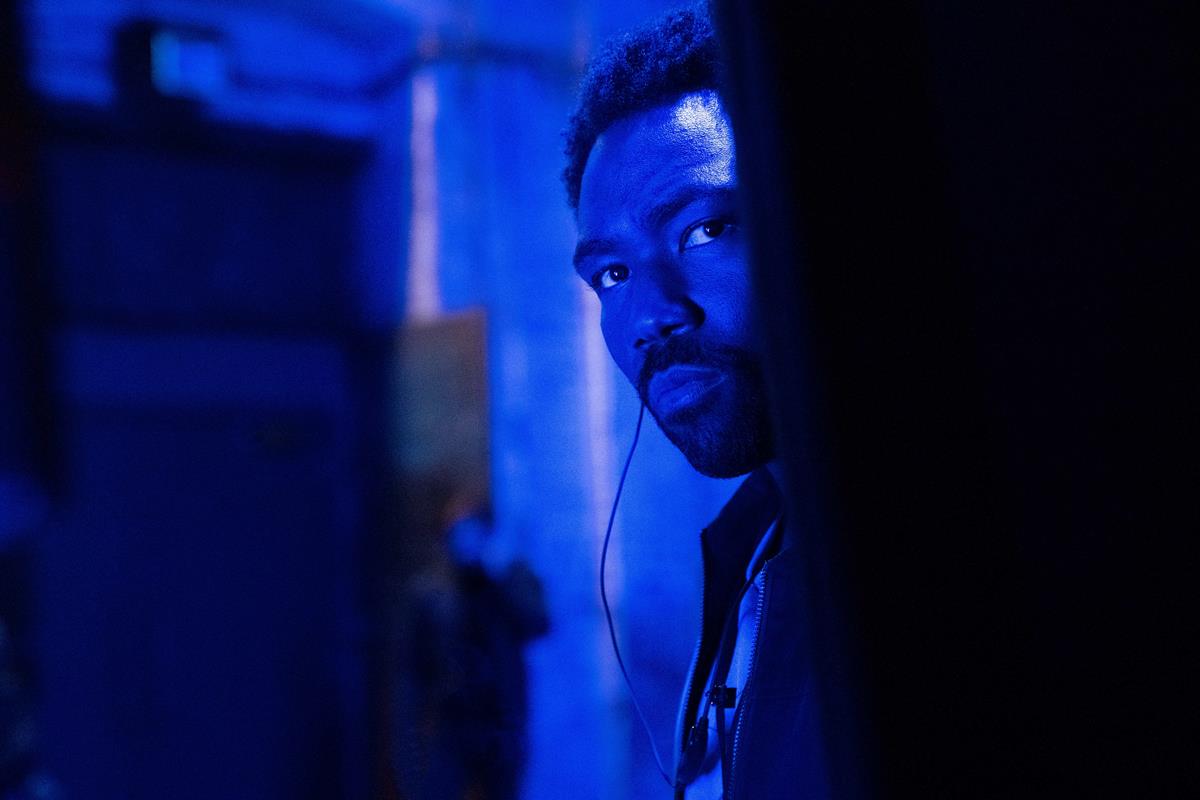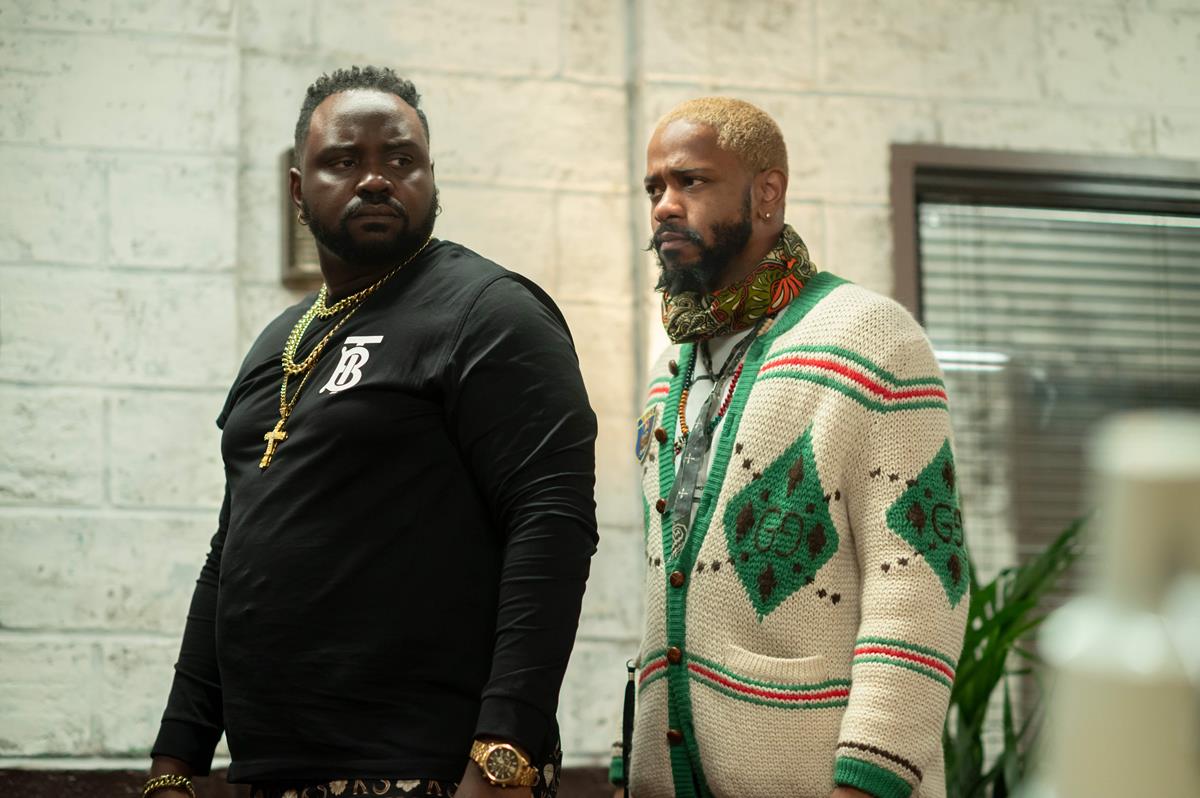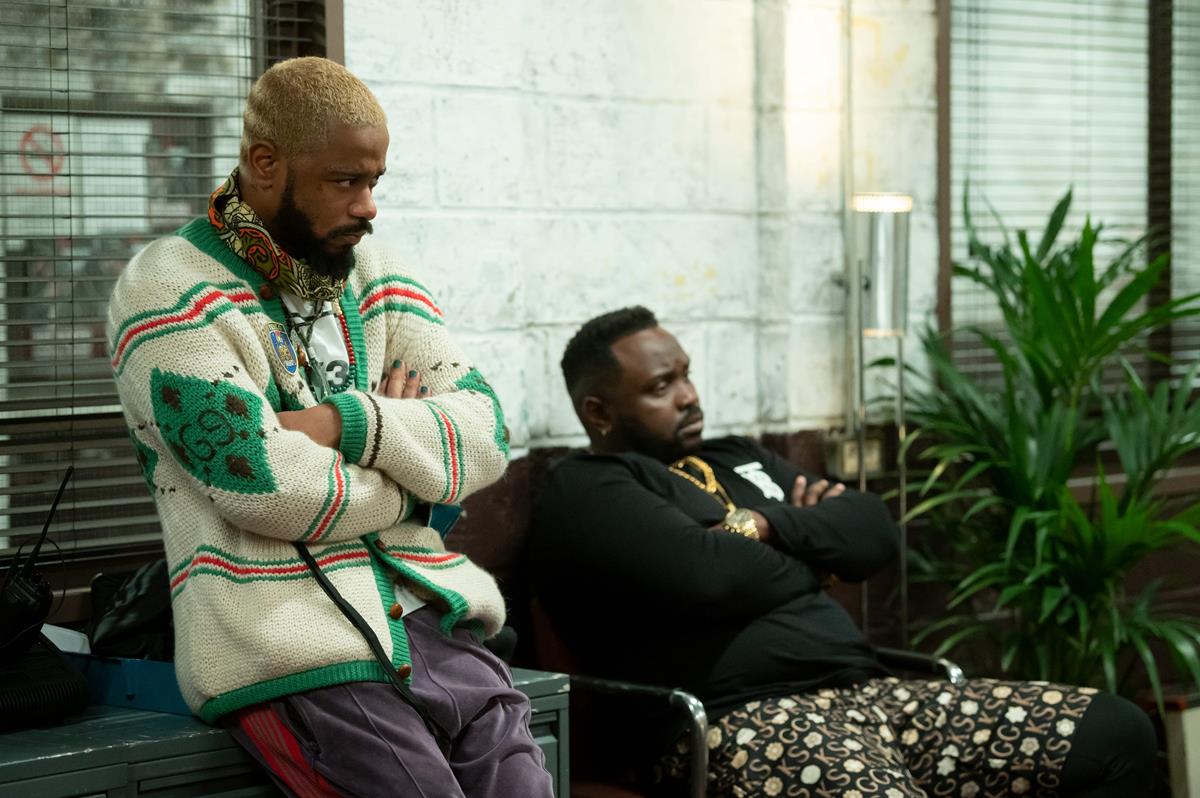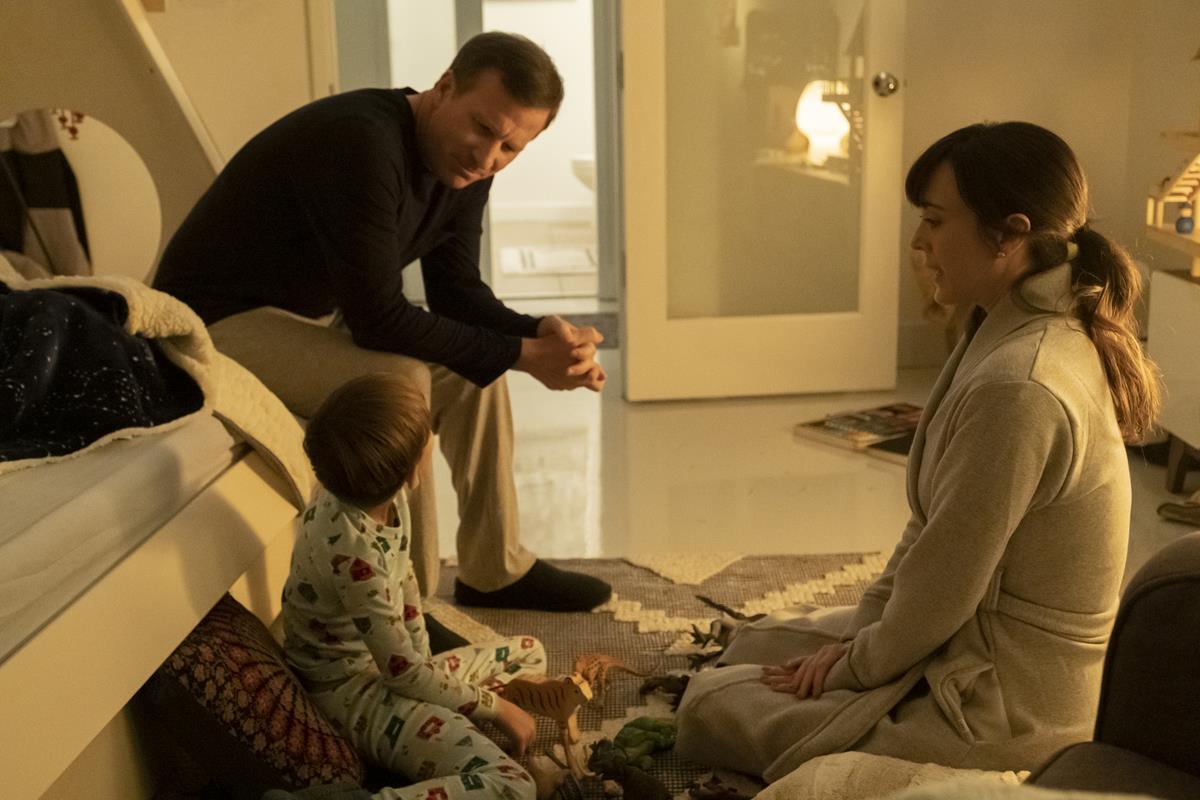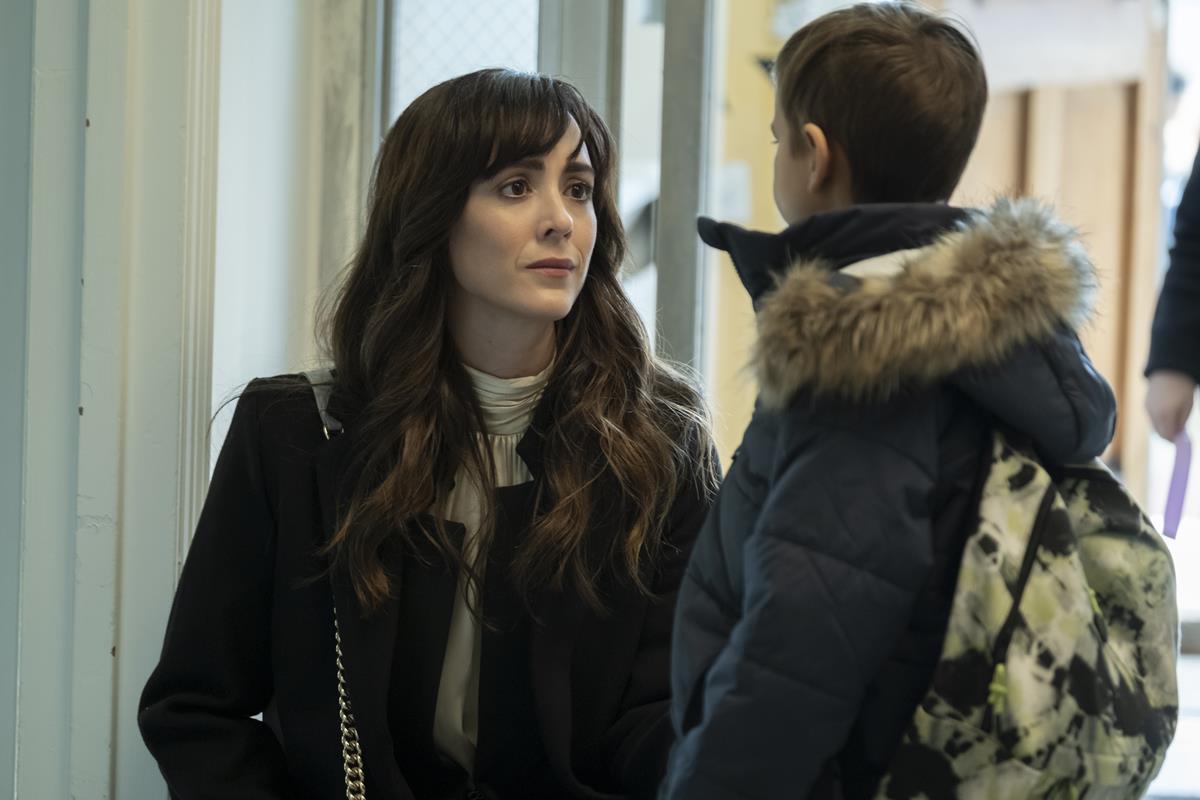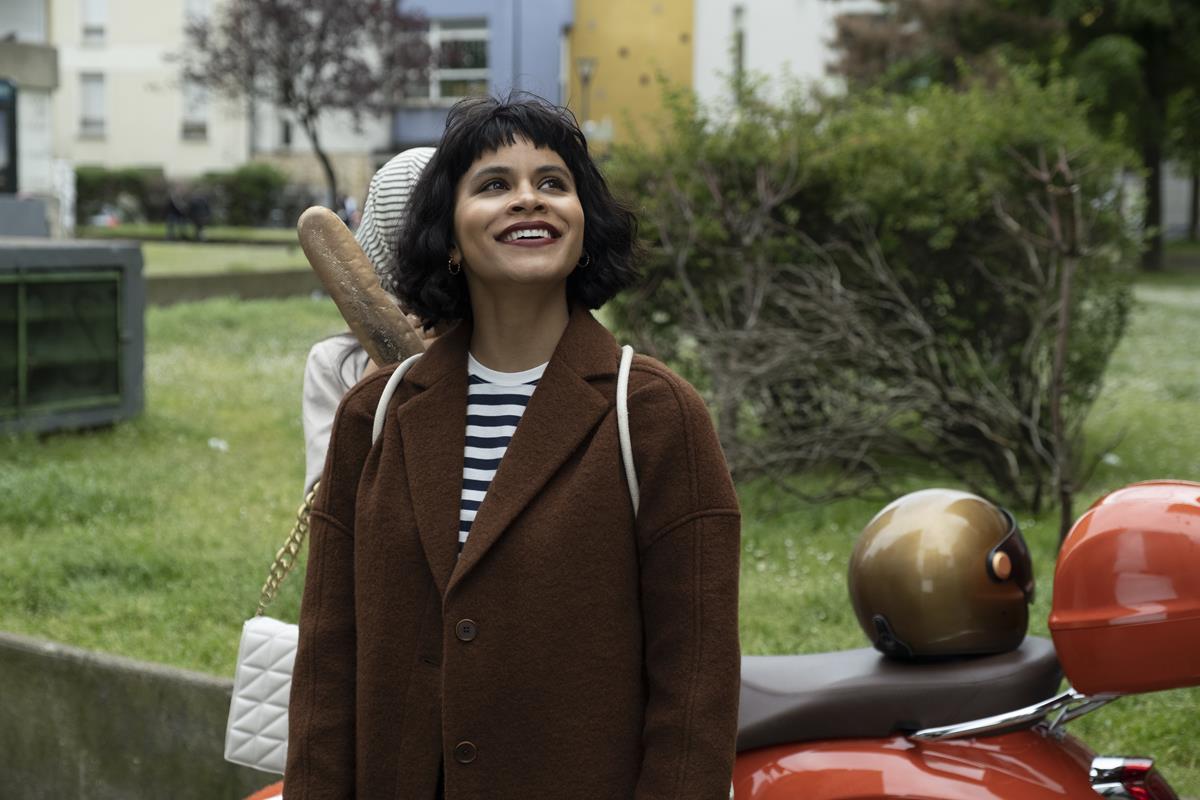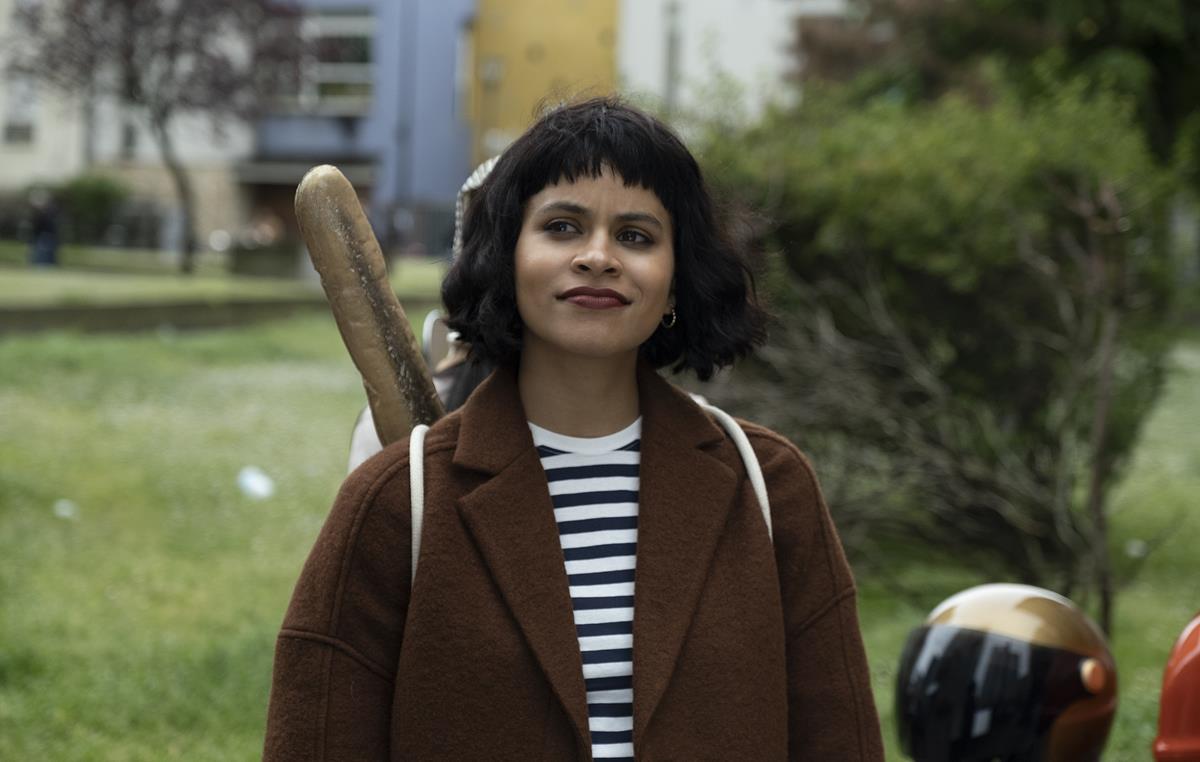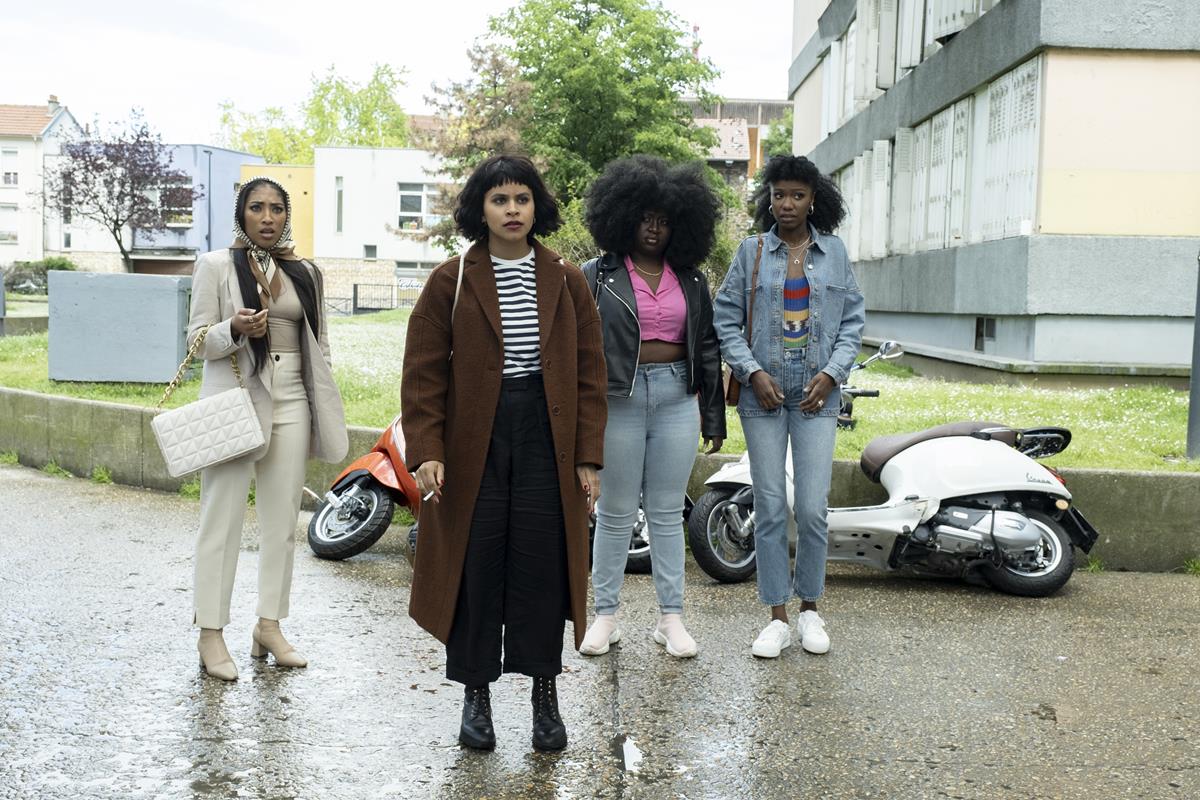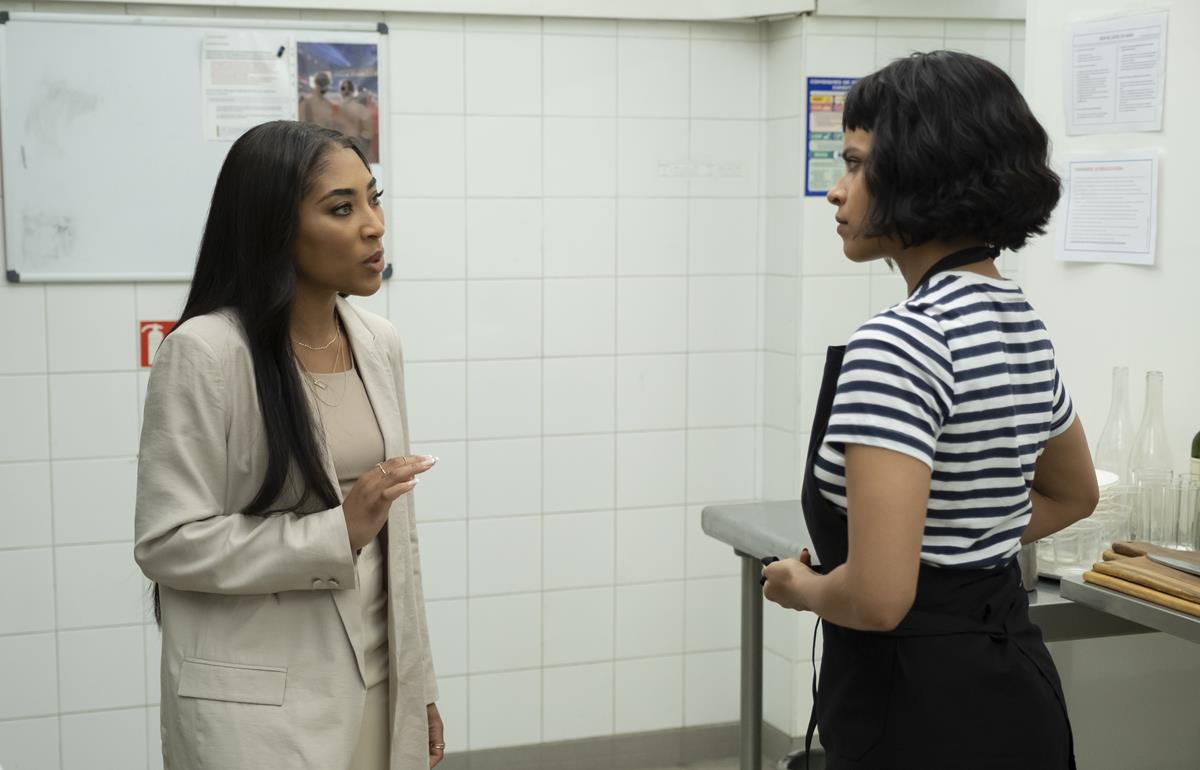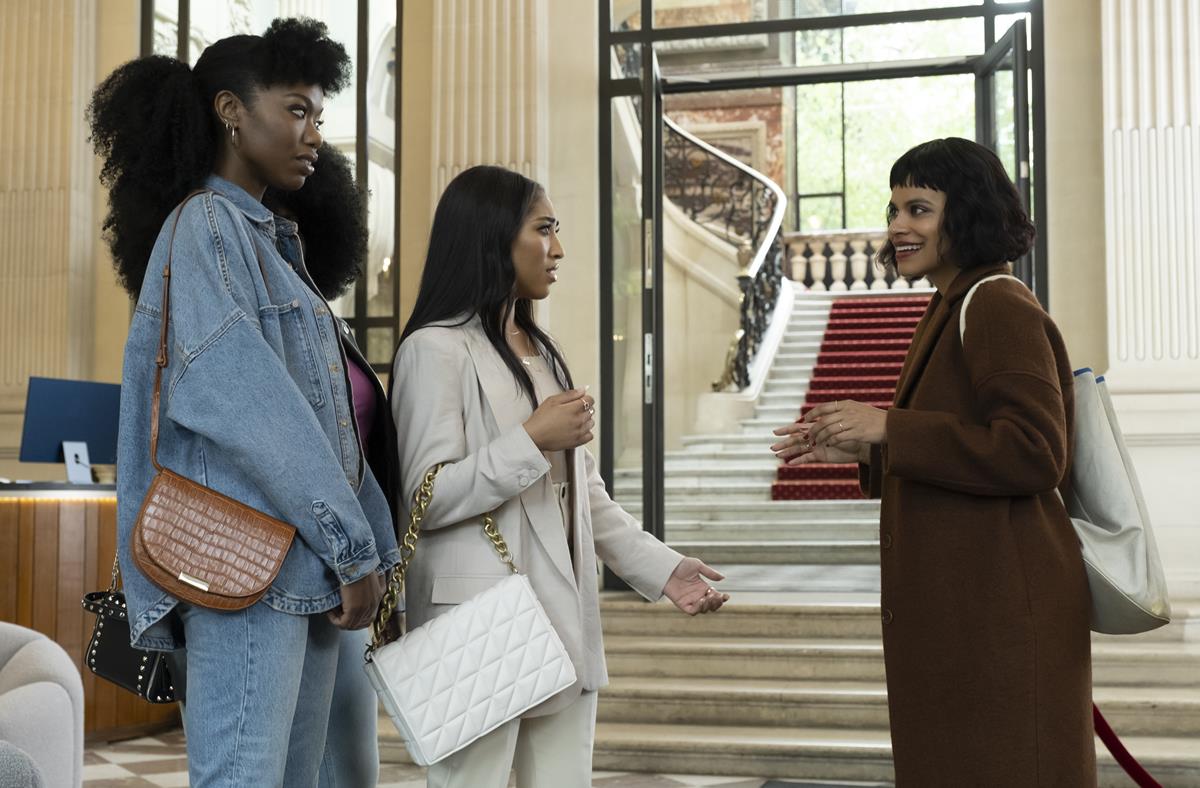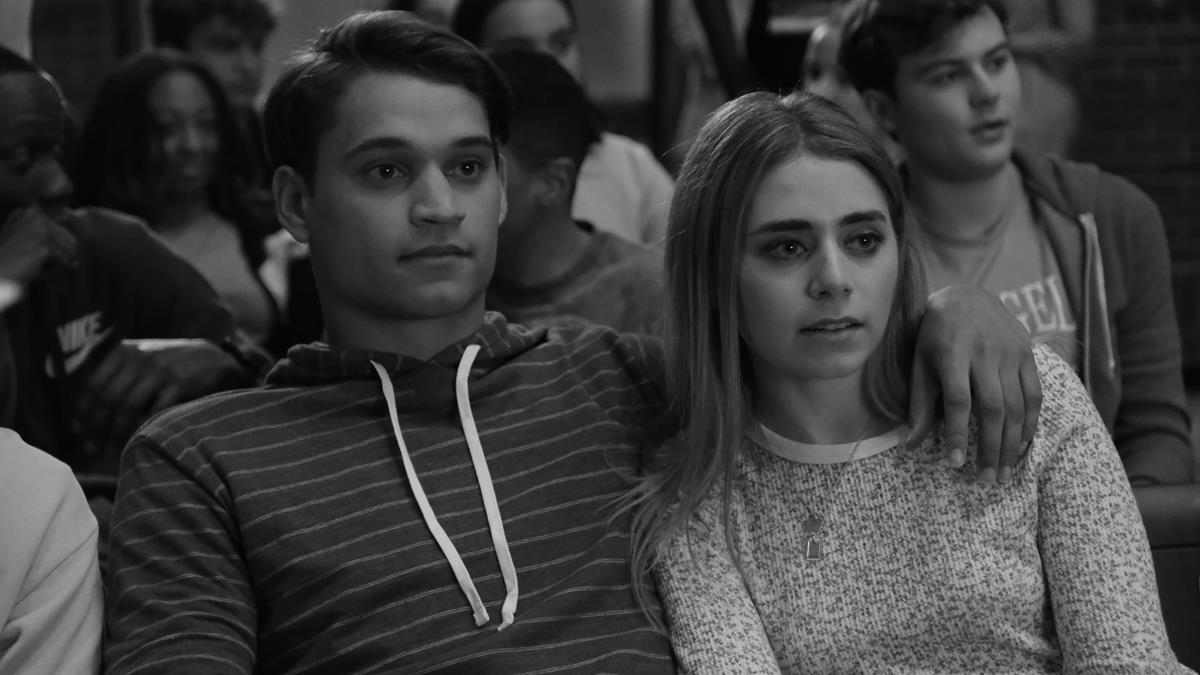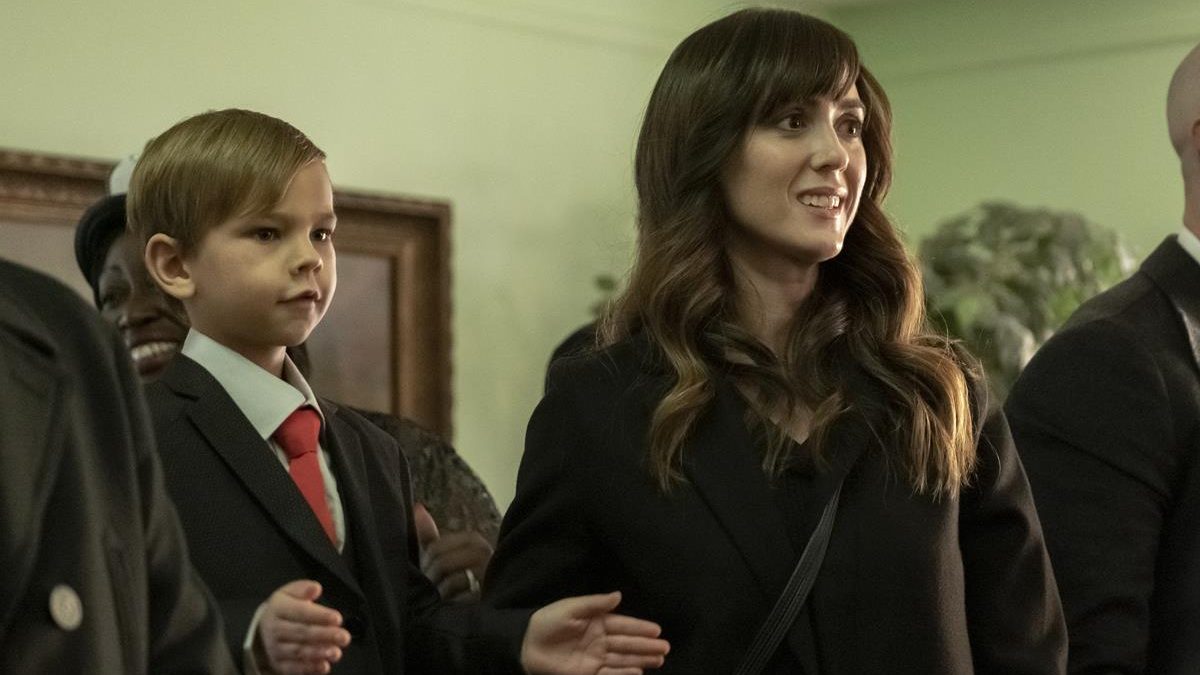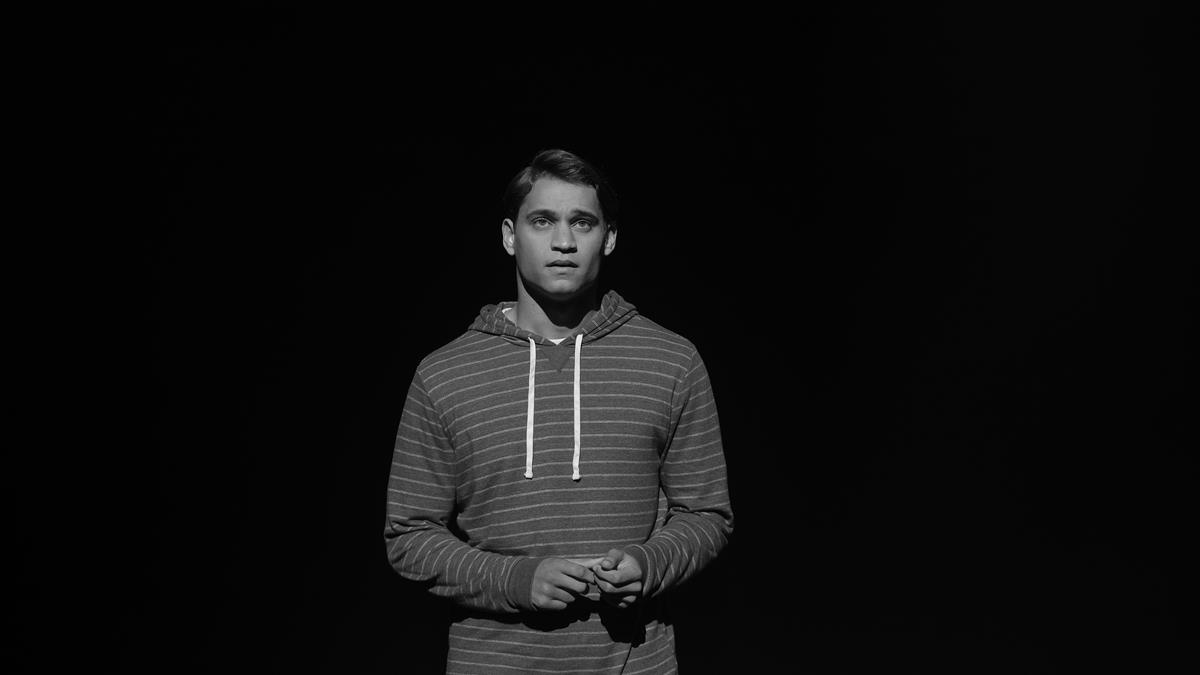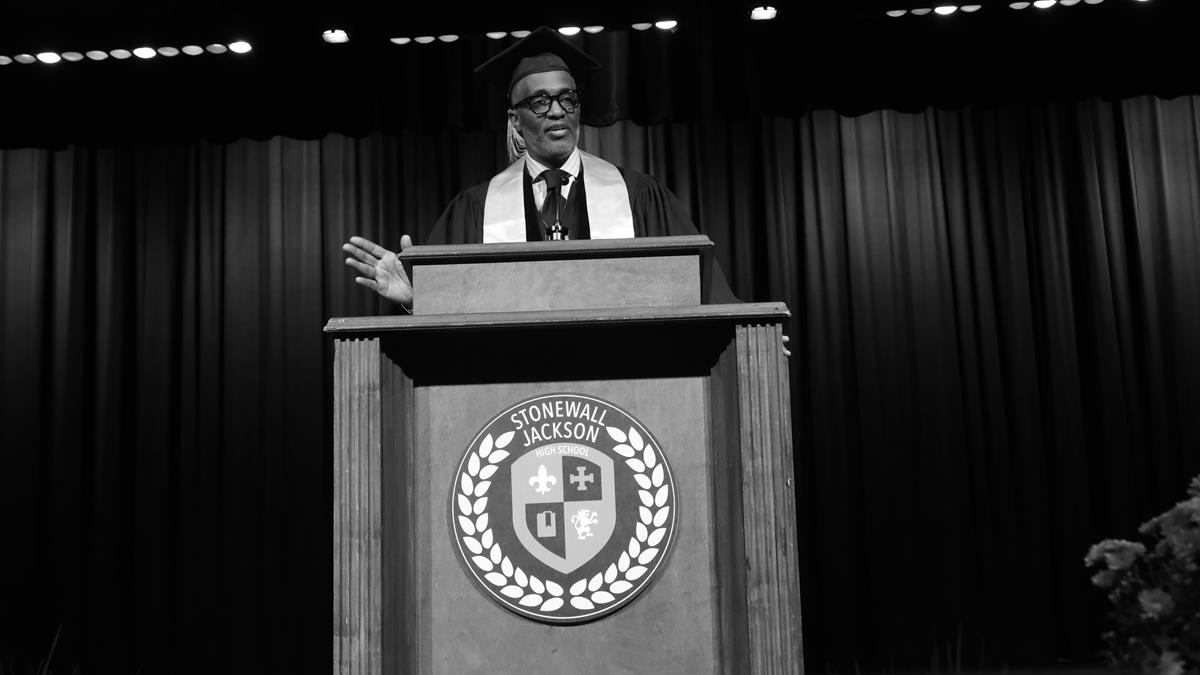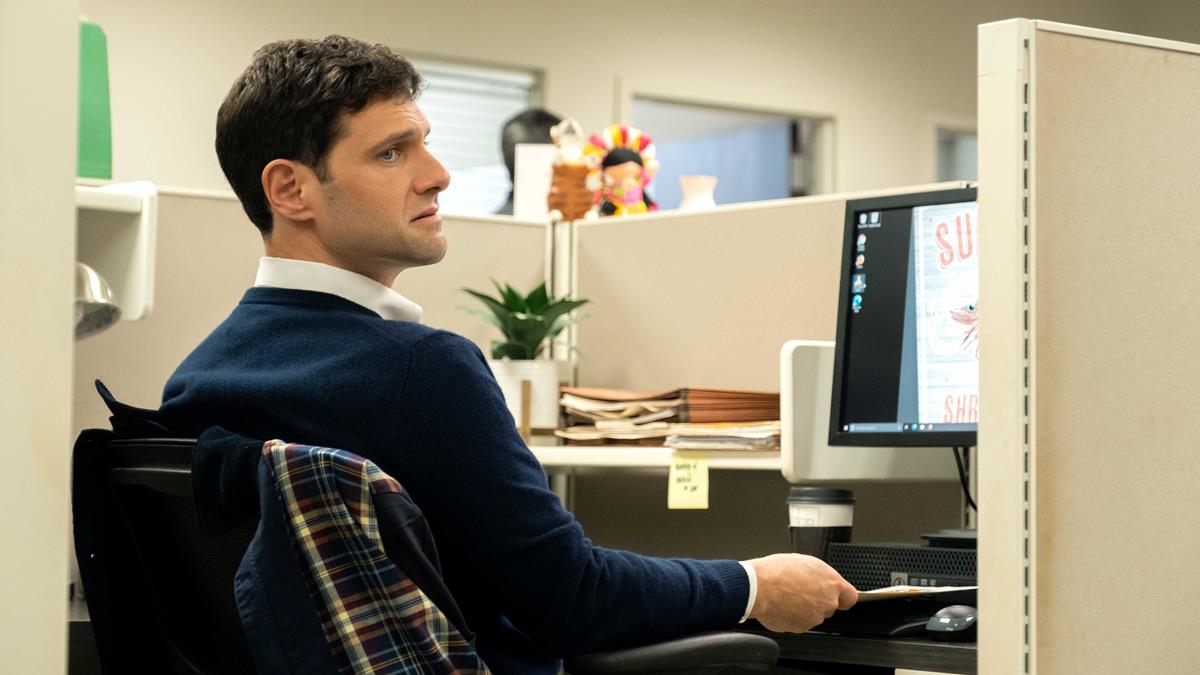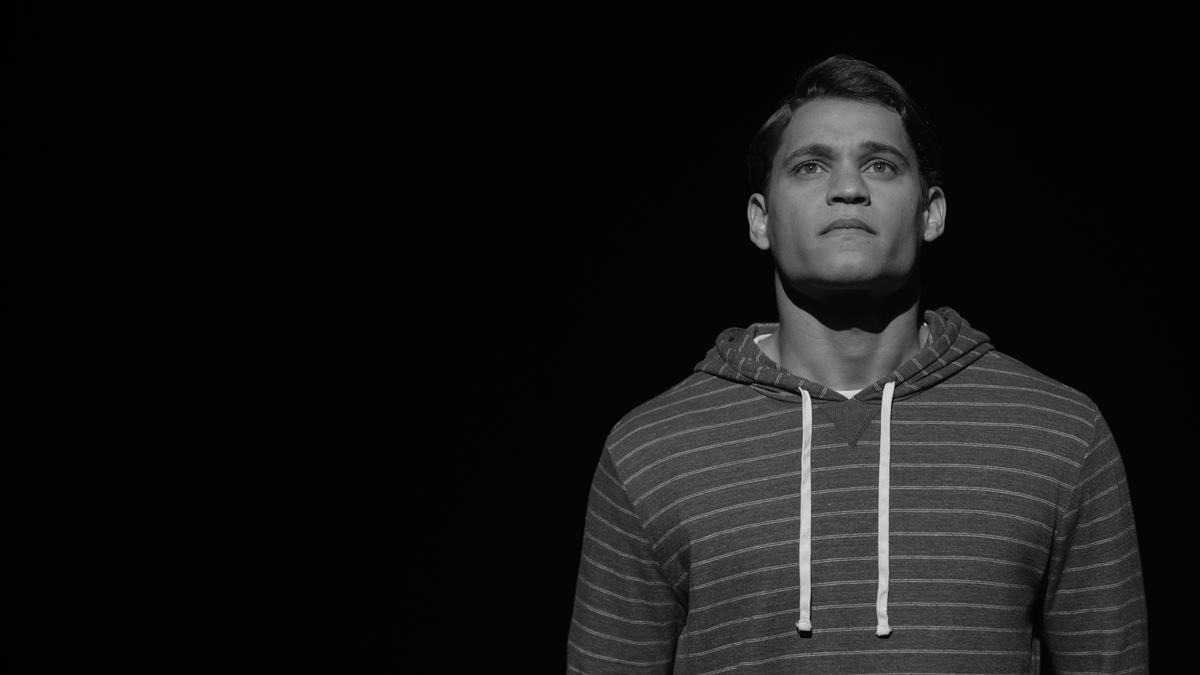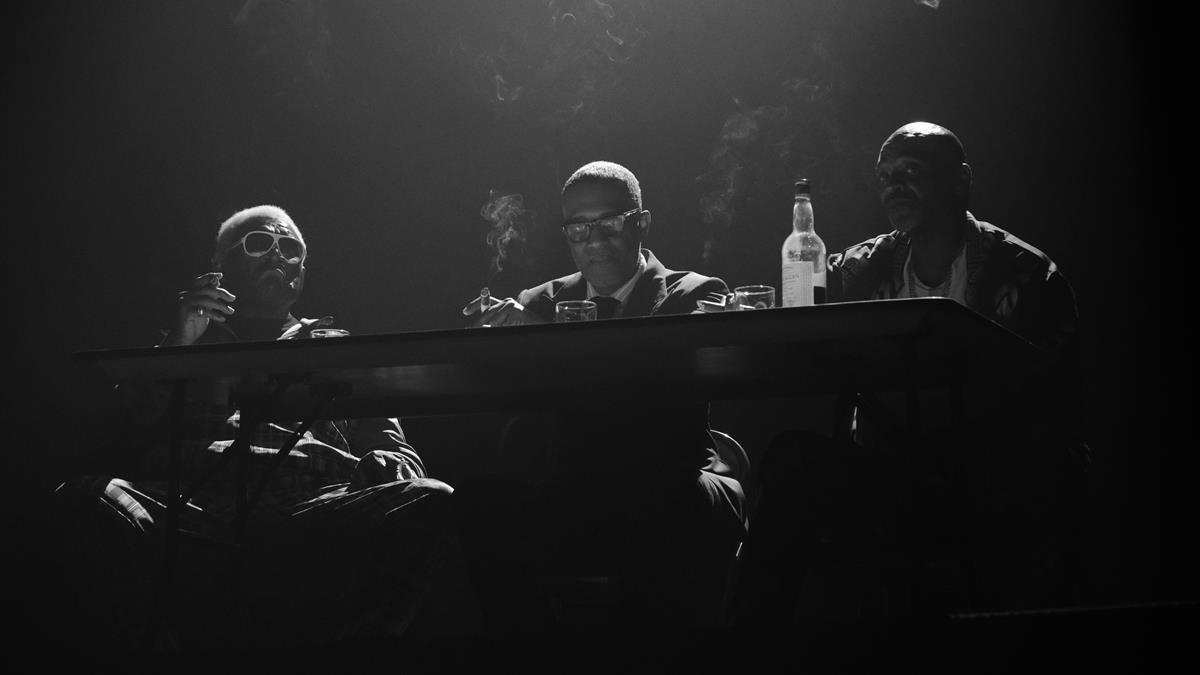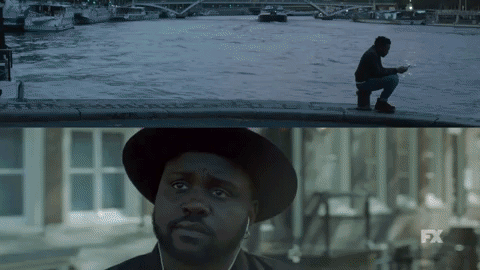
For the brothers Glover, Donald and Stephen, Atlanta is a state of mind. Four years after the end of season 2, the Emmy-winning and multi-award nominated comedy-drama returns but characteristically not in the form you expect.
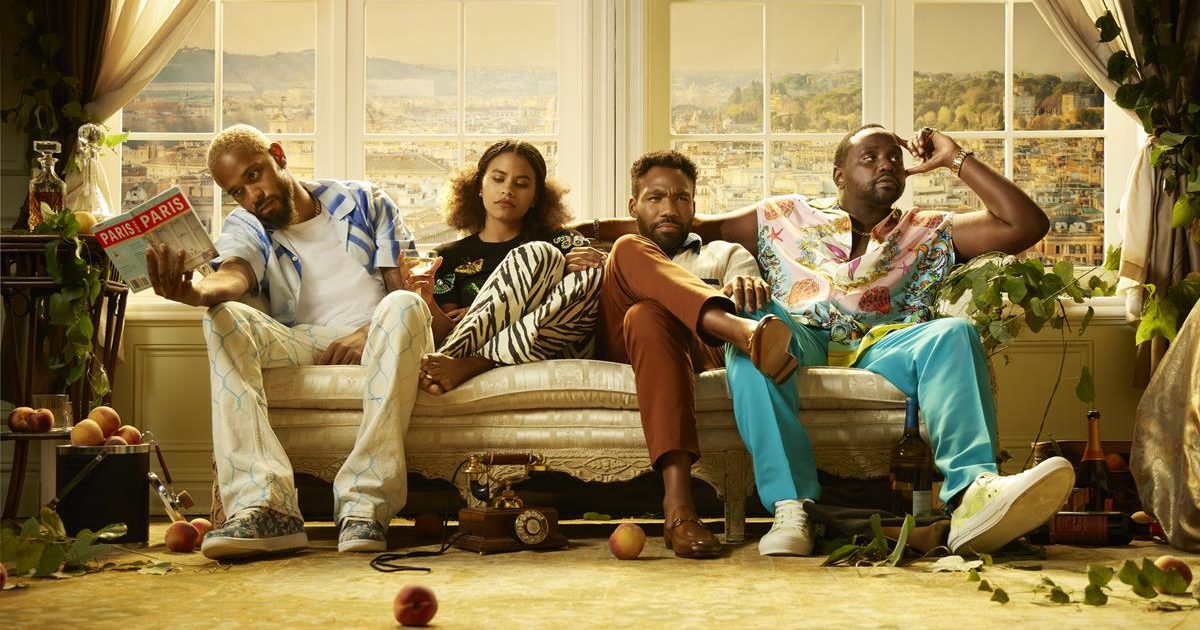
“Atlanta is everywhere and nowhere,” Stephen Glover, who writes and produces on the series, told Variety.
“It’s our point of view; it’s not really about the place,” show creator and star Donald Glover adds. “Although in Season 4, [Atlanta] makes a very heavy resurgence, as far as the actual place. Europe solidified how we felt while writing Season 3. [Director Hiro Murai] calls it our maximum season.”
Fans of the FX show, also streaming on Hulu, will know that S2 left off with Earn (Donald Glover), his cousin Alfred aka Paper Boi (Brian Tyree Henry) and Alfred’s right-hand man Darius (LaKeith Stanfield) setting off to Amsterdam for Alfred’s rap tour playing for largely white audiences. Season 3, which debuts on FX this week, was shot almost entirely in Europe (London mainly with location work in Amsterdam and Paris).
“It’s a very honest season,” said actor Zazie Beetz who was nominated for an Emmy for her role as Van. “All of the characters are out of their element, which allows things to rise to the surface that you would otherwise be able to, in habits and in comfort, suppress. And here, you can’t, because you have nothing to catch you. It’s a lot of truth and reflections of where we’re all at as ourselves and as people.”
The series, which premiered in 2016, is notable for having an all-black writing staff. The writer’s room consists of the two Glovers, and members of Donald’s rap collective “Royalty” including Fam Udeorji (Glover’s manager), Ibra Ake (Glover’s longtime photographer), and Jamal Olori. Stefani Robinson and Taofik Kolade round out the writer’s room.
“We just wanted to make a Black fairytale,” Glover tells Variety. “I remember sitting in the writers’ room and being like, ‘What do we write about?’ We just wanted to do short stories. Something I would want to watch.”
READ MORE: Donald Glover Explains His Approach to ‘Atlanta’ Season 3: ‘We Wanted to Make a Black Fairytale’ (Variety)
Seasons 3 and 4 were filmed back-to-back, with the fourth and final season set to premiere this fall.
The first two episodes of the series were shown at SXSW. The show premieres Thursday, March 24.
NOW STREAMING — BEHIND THE SCENES OF FAN-FAVORITE SERIES:
As the streaming wars rage on, consumers continue to be the clear winners with an abundance of series ripe for binging. See how your favorite episodics and limited series were brought to the screen with these hand-picked articles plucked from the NAB Amplify archives:
- “Severance:” Now, About Solving the Work/Life Balance…
- Entering “The Gilded Age”
- Class Is Definitely Not In Session: The Horror Delights of “All of Us Are Dead”
- “The Dropout” Is a Slow-Motion Car Crash (and We Can’t Look Away)
- The (Unavoidable) Universal Appeal of “Squid Game” Is By Design
“In short, based on what I’ve seen, it is a true American masterpiece,” writes Dominic Patten. “You should sit down and watch the episodes to banquet upon the artistry that permeates Atlanta.”
READ MORE: SXSW Review: ‘Atlanta’ Returns For A Season 3 That Has Masterpiece Written All Over It (Deadline)
(To be fair, Donald Glover hasn’t been shy about bigging up his own show, comparing it to The Sopranos in a now-deleted tweet.)
READ MORE: Donald Glover Stands By His Claim That ‘Atlanta’ Is The Best TV Show Since ‘The Sopranos’ (Uproxx)
The first episode of the new season, “Three Slaps,” “exists at an intersection of race, class, and madness,” says Variety reviewer Daniel D’Addario, and apparently draws on the 2018 massacre in which two white women, a married couple, murdered their six adopted children (all of them Black).
READ MORE: ‘Atlanta’ Season 3 Is a Startling, Stunning Master Class: TV Review (Variety)
The second episode has the characters confronted at every turn by white Europeans in blackface, “as part of a Christmas celebration that comes very rapidly to look and feel like a society-wide parade of mockery.”
D’Addario continues, “Glover continues to find new ways to register a sort of unsurprised confusion, baffled at what’s unfolding around him but hardly shocked that it’s incomprehensible.”
Series director of photography Christian Sprenger recently won the 2022 Emmy award for Outstanding Cinematography for a Single-Camera Series (Half-Hour) for his camerawork on “Three Slaps,” the premiere episode of Atlanta’s long-awaited third season.
Because of its compact size, Sprenger opted to employ the ARRI Alexa MiniLF digital cinema camera equipped with Olympus Zuiko lenses for the episode, as he explained to IndieWire’s Erik Adams and Chris O’Falt:
“Loquareeous is a young man thrust into an unknown world that feels daunting and dangerous. The compact size of the MiniLF camera body allowed for a close intimacy in an all practical location show while still capturing that feeling of everything being a bit larger than life,” he says. “The Olympus Zuikos lenses by Zero Optik strike that perfect sweet spot between unique characteristics and prestige image rendering all while still covering full frame sensor.”
READ MORE: Emmys 2022: Cinematography Nominees on How They Shot the Year’s Best Shows (IndieWire)
Want more? Donald Glover talks with Variety at the premiere of Season 3 of Atlanta, giving his thoughts on the return of the series:
The new season had some viewers wondering why “the world of Donald Glover’s Atlanta feels… off?” Watch film critic Thomas Flight’s video essay exploring why that might be the case:
For another perspective on why Season 3 feels so different from prior seasons, watch this video essay by MitraKesava:
also asking why Season 3 feels so different from prior seasons:
See for yourself whether the show feels different this season by watching the trailers for episodes three, four, seven, and eight:
Want more of Paper Boi from Atlanta? Check out these clips of the up-and-coming rapper in the series:



